
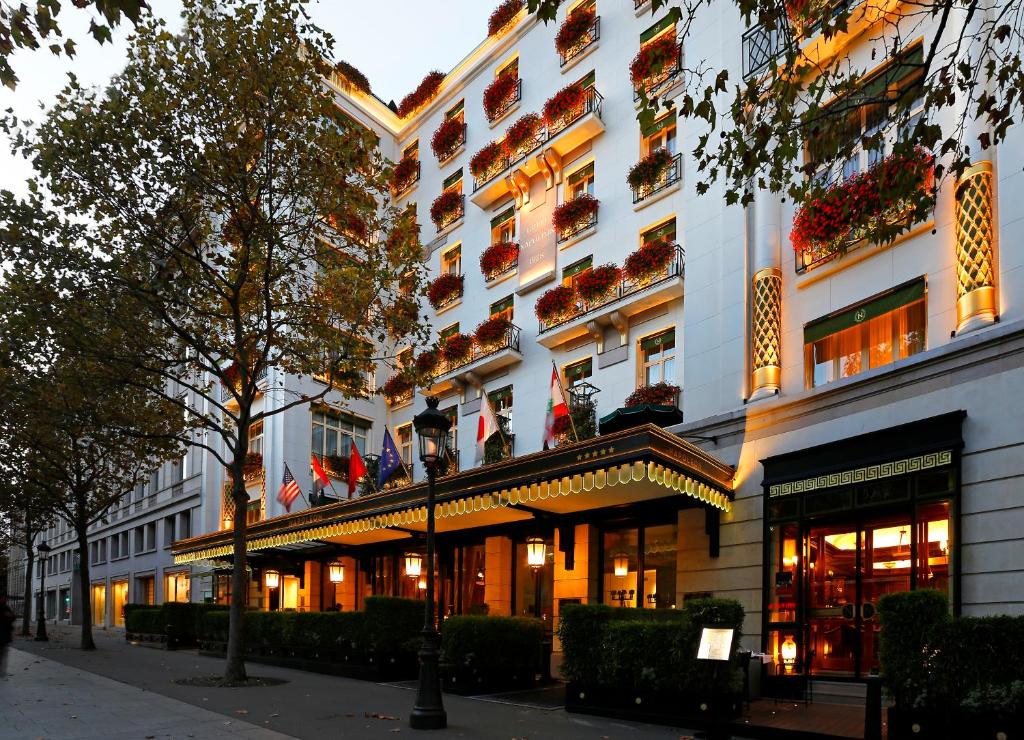
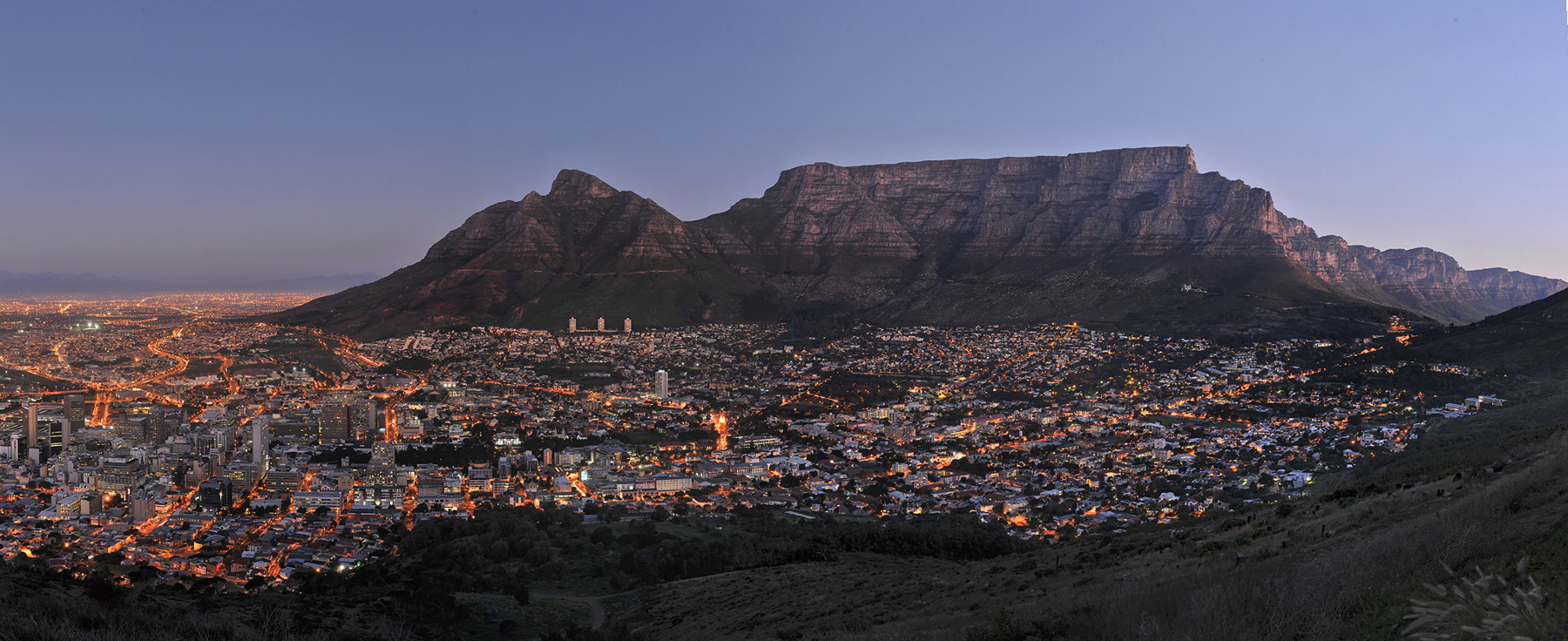
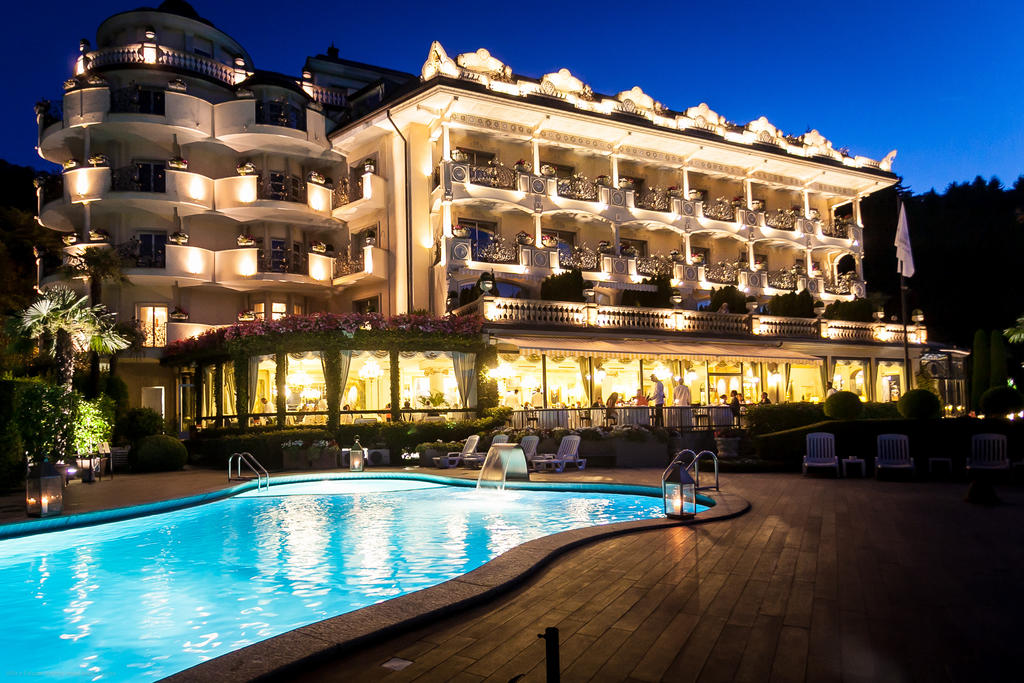
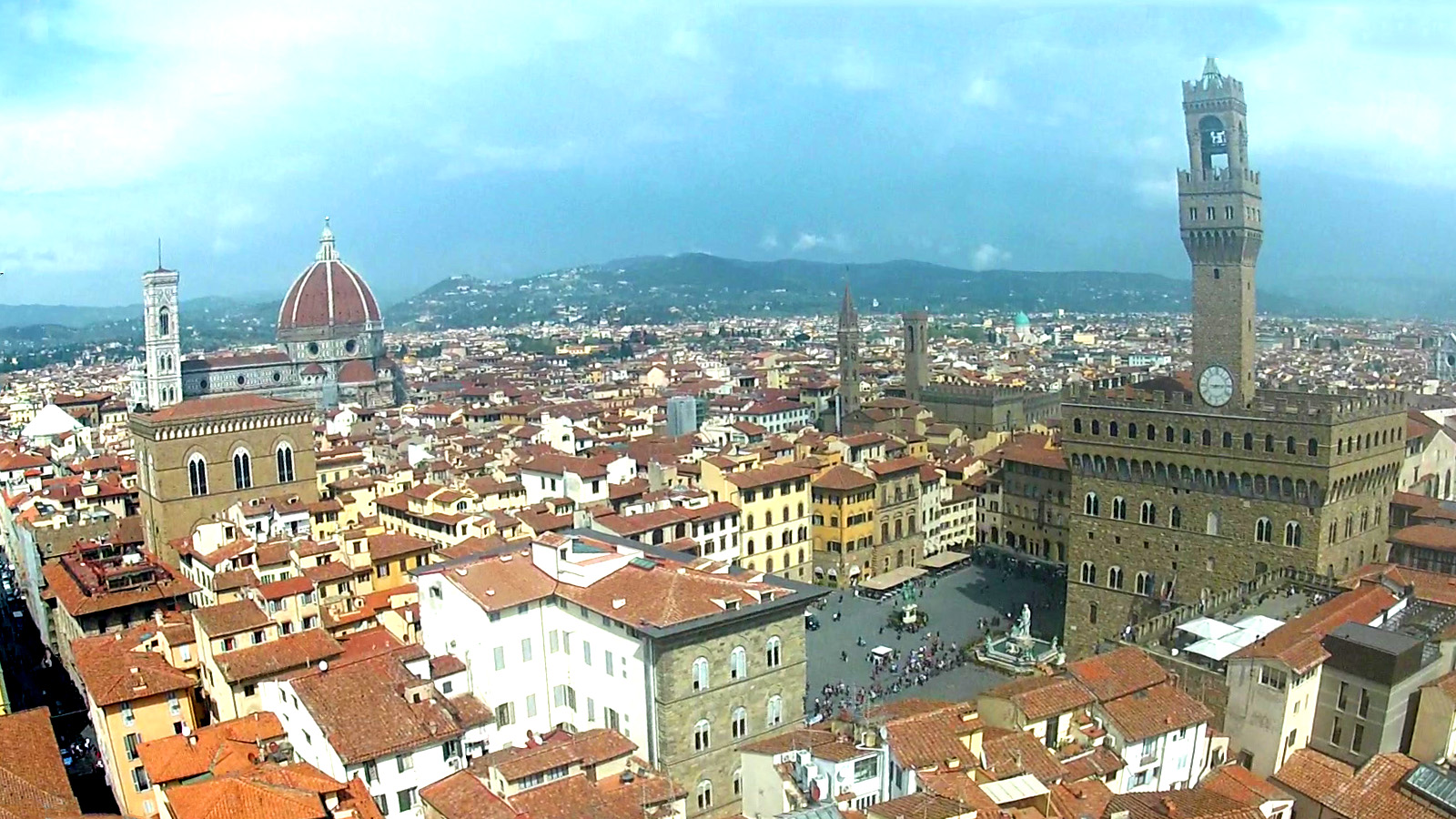

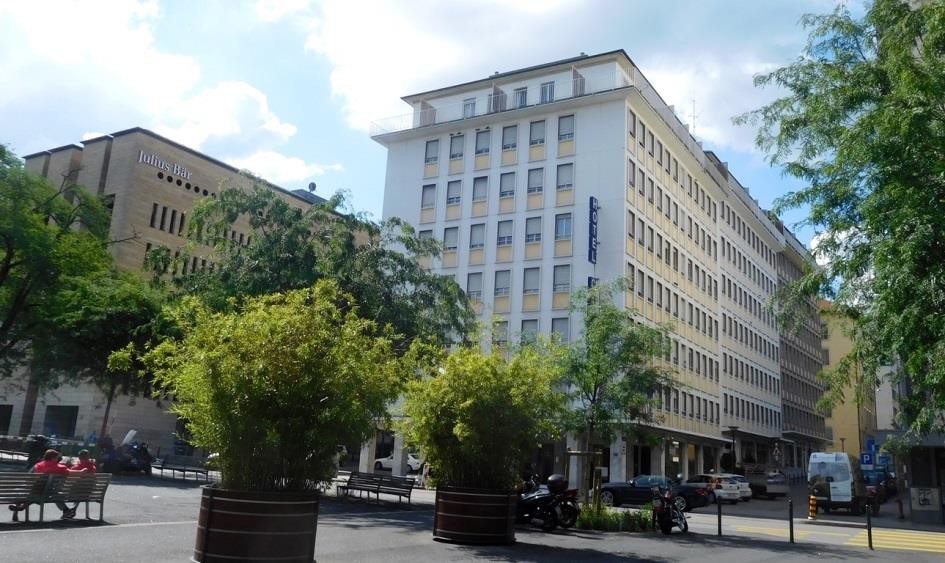
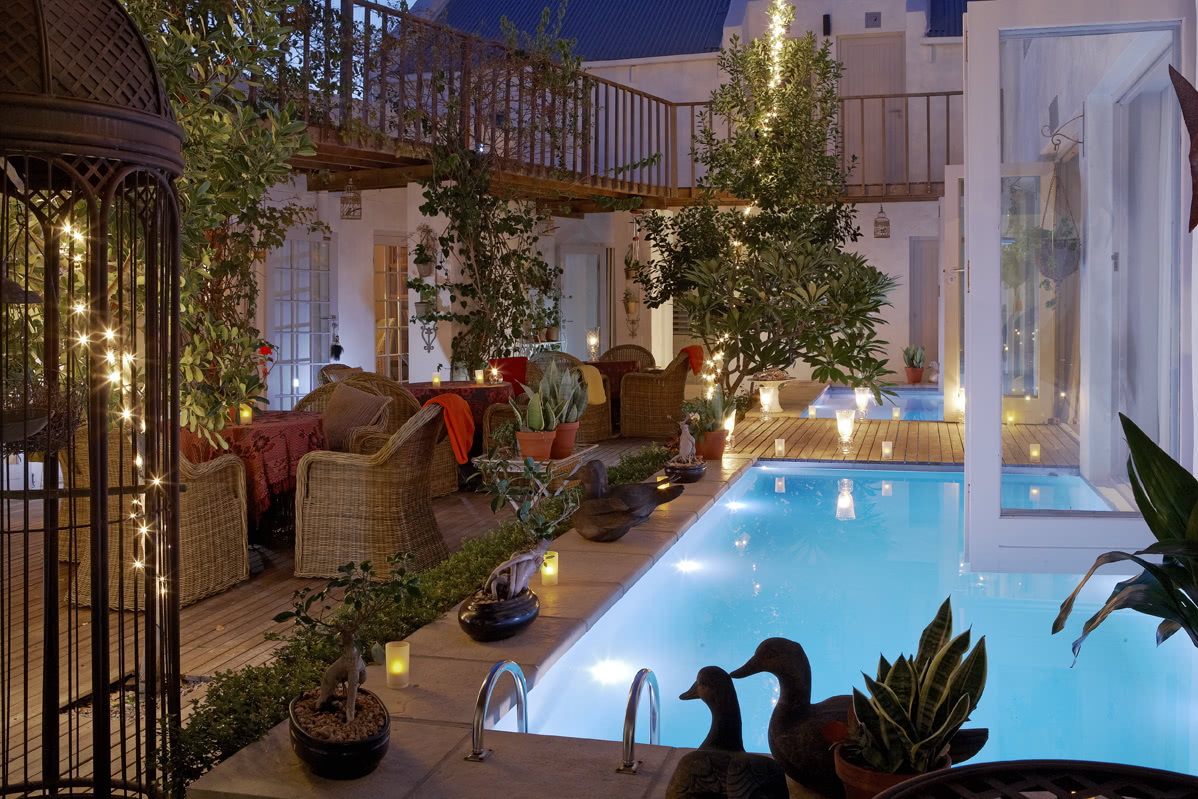
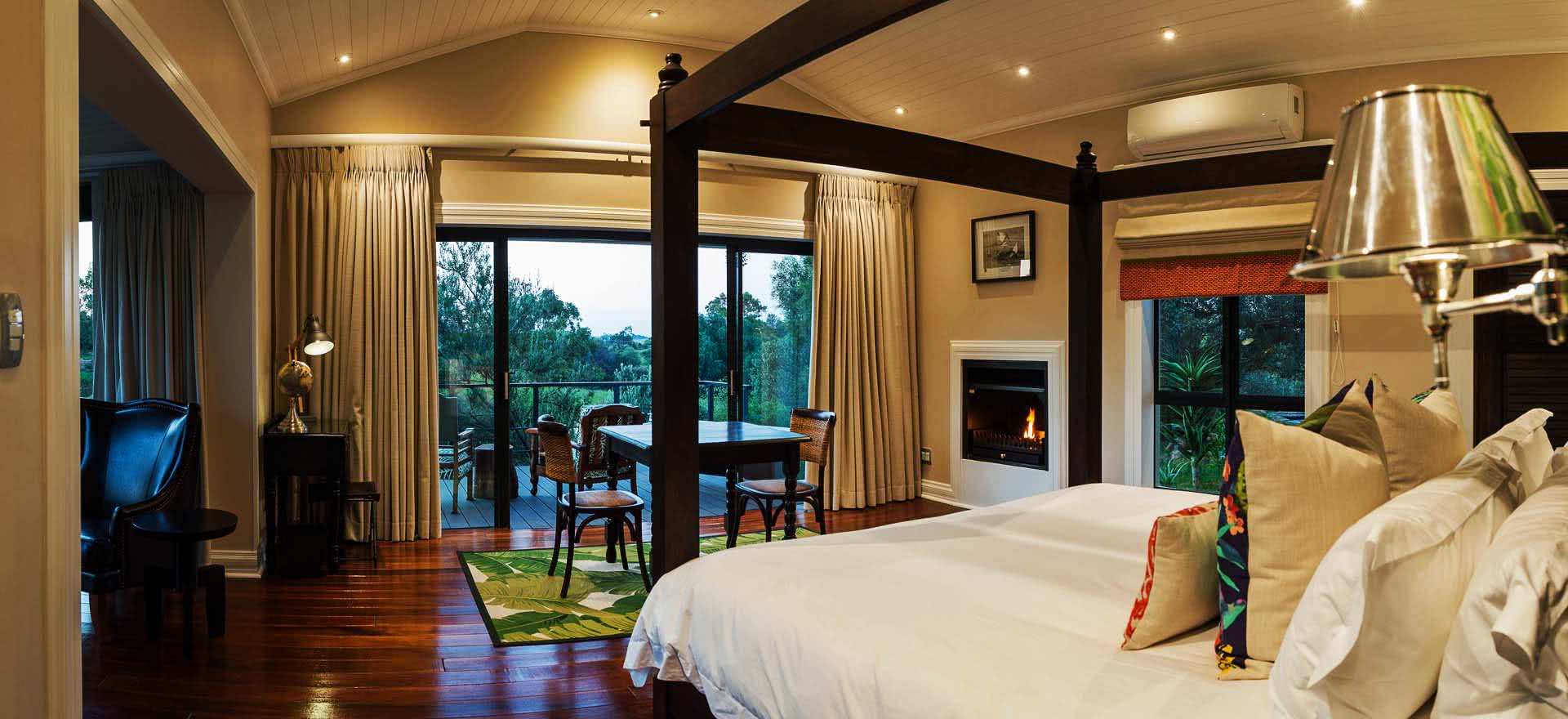
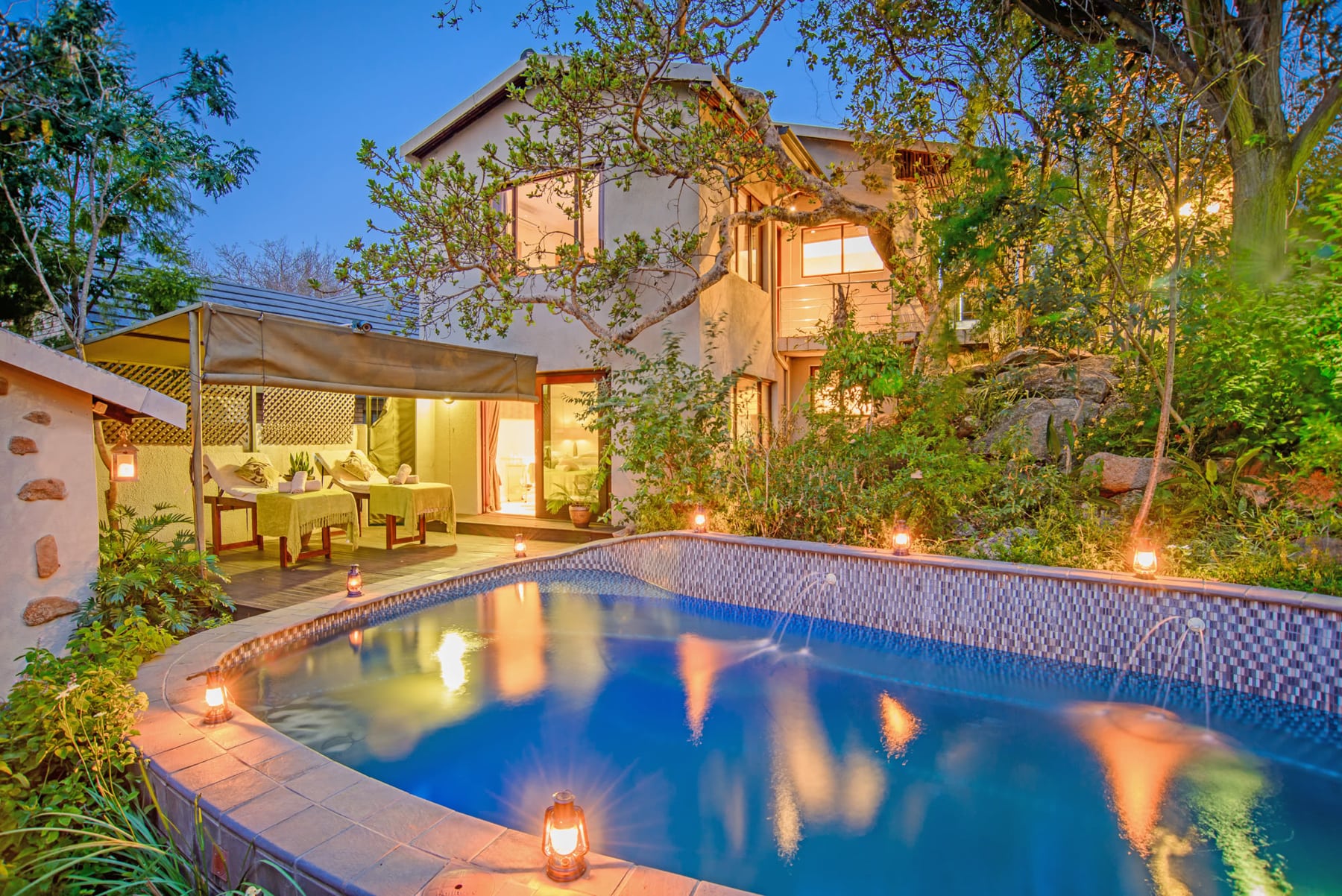

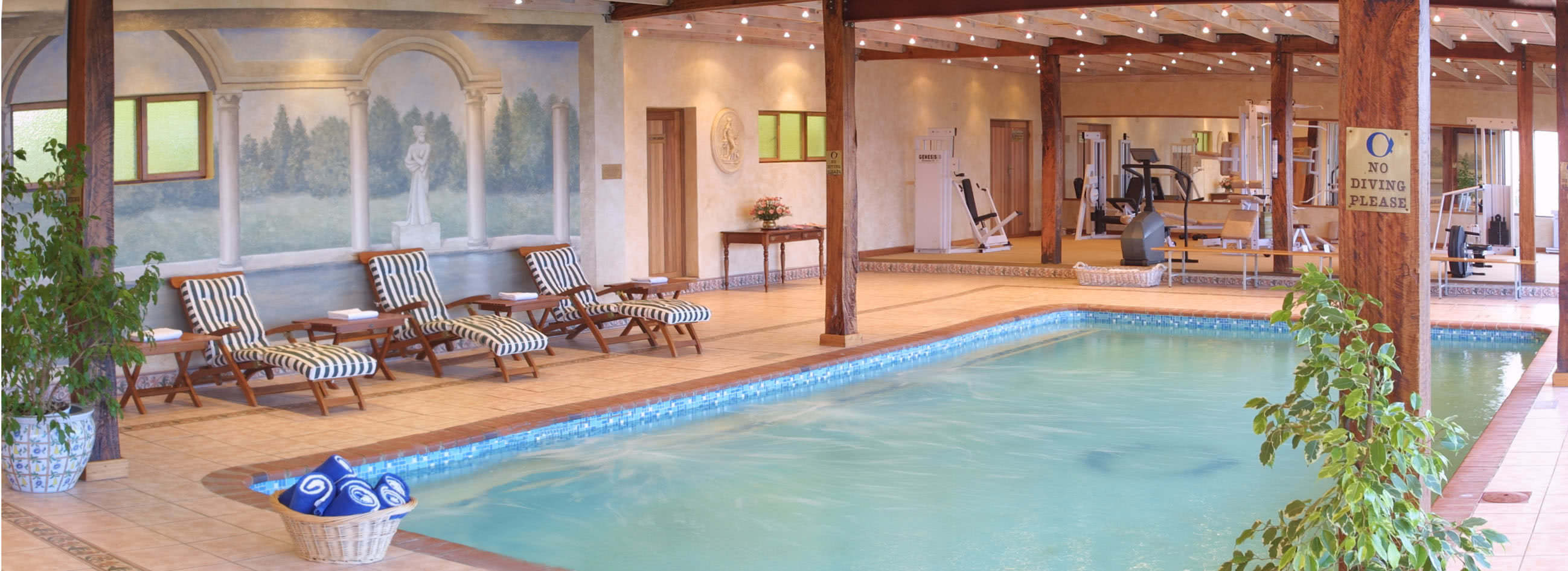
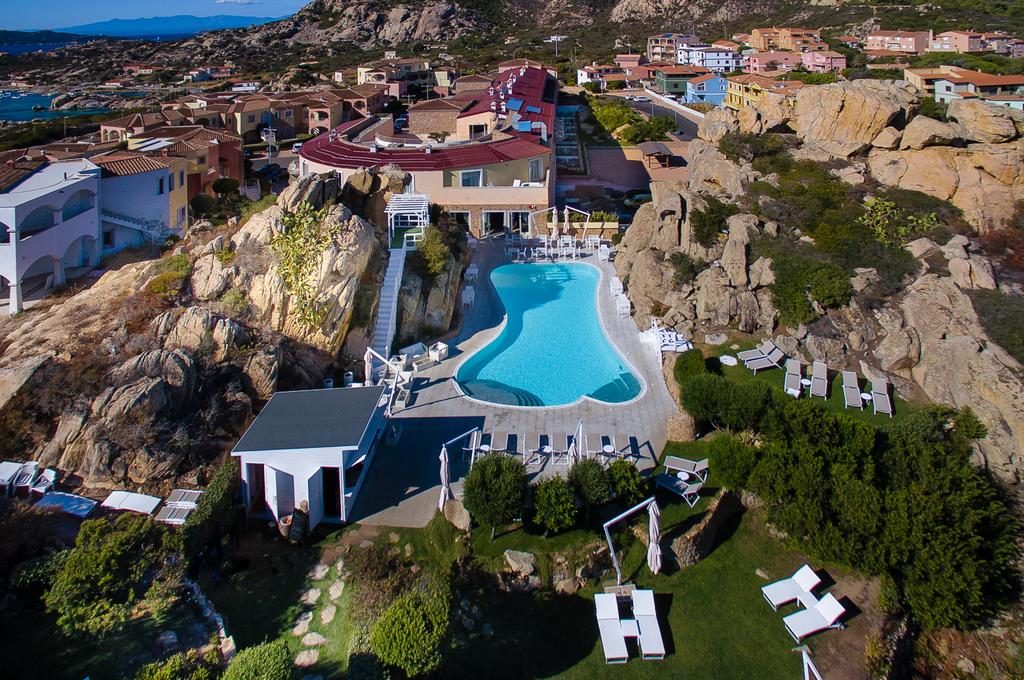
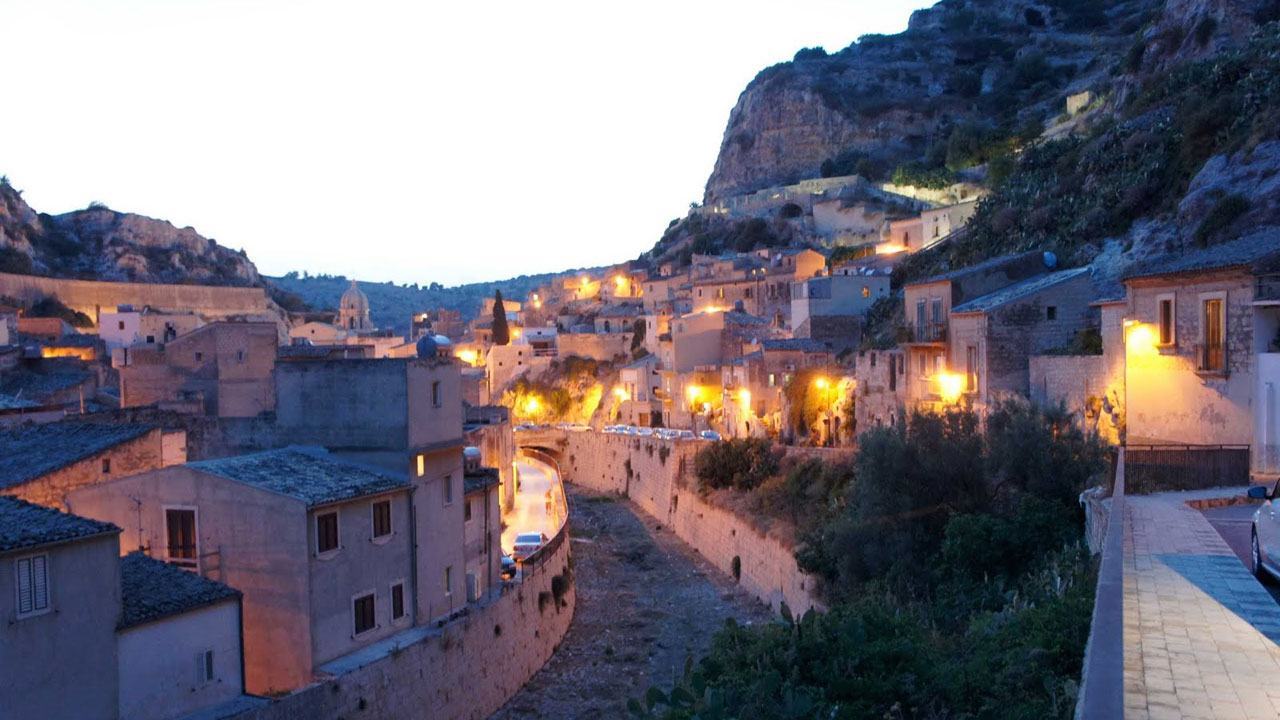
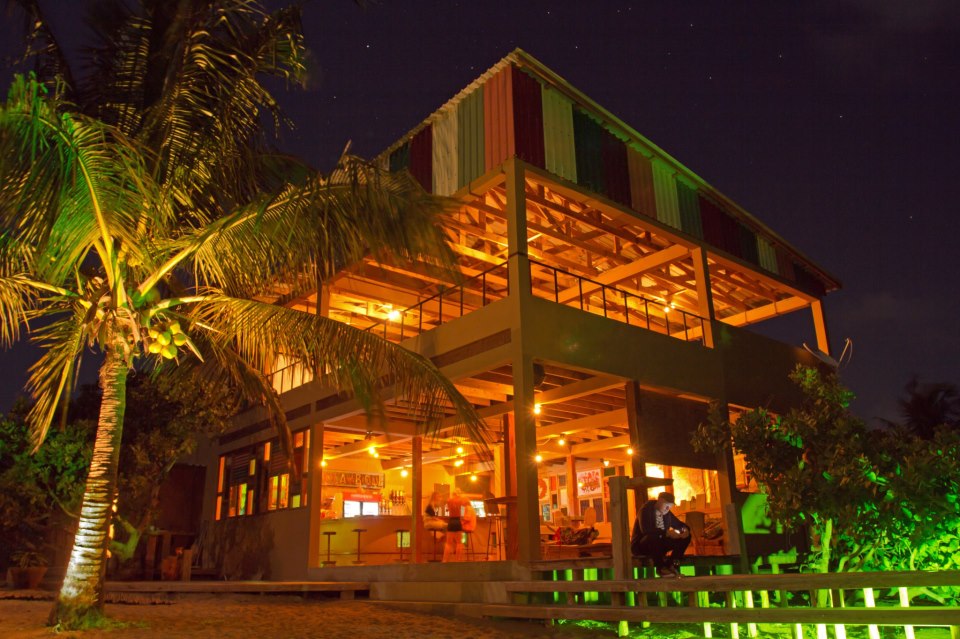

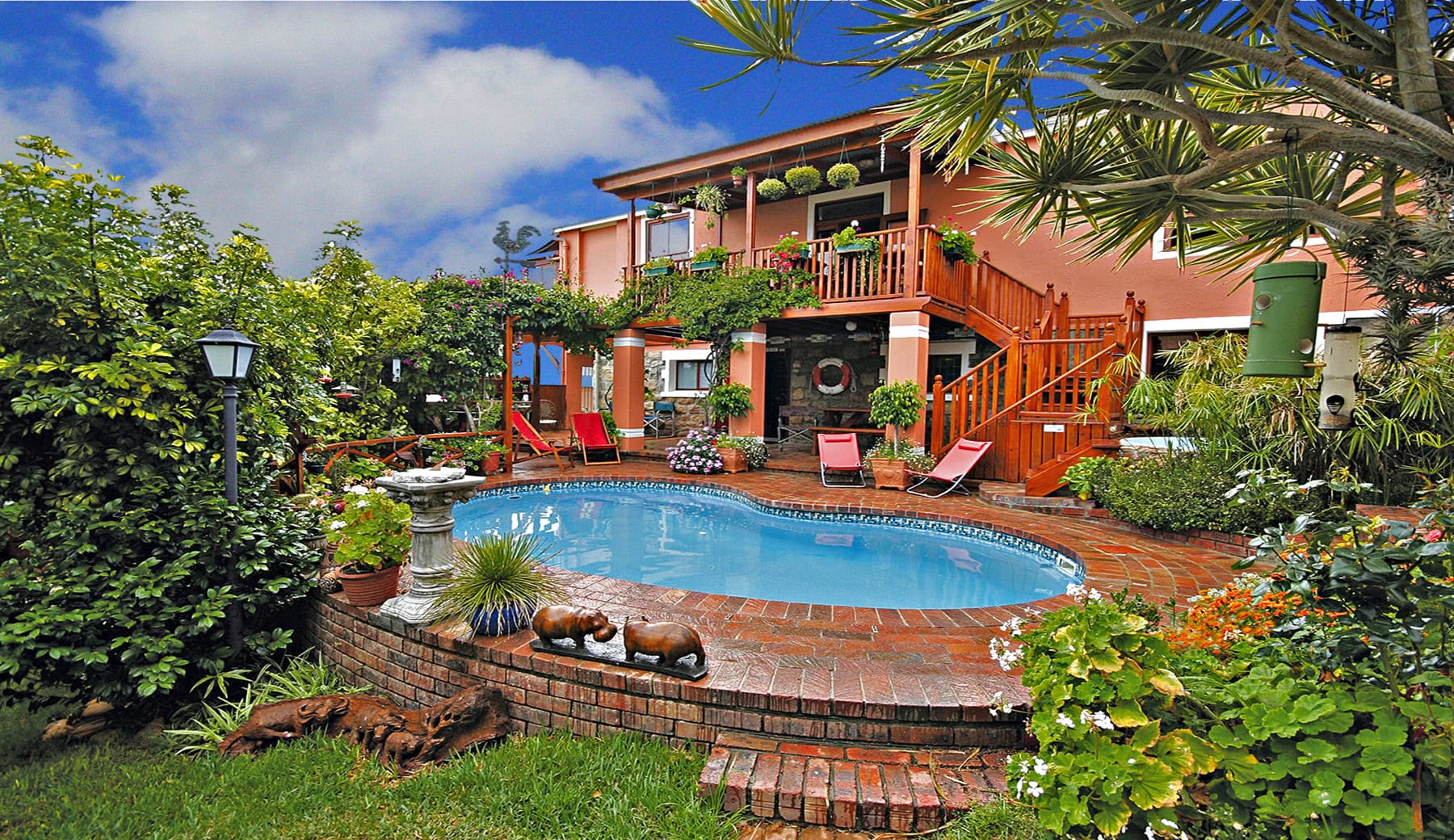
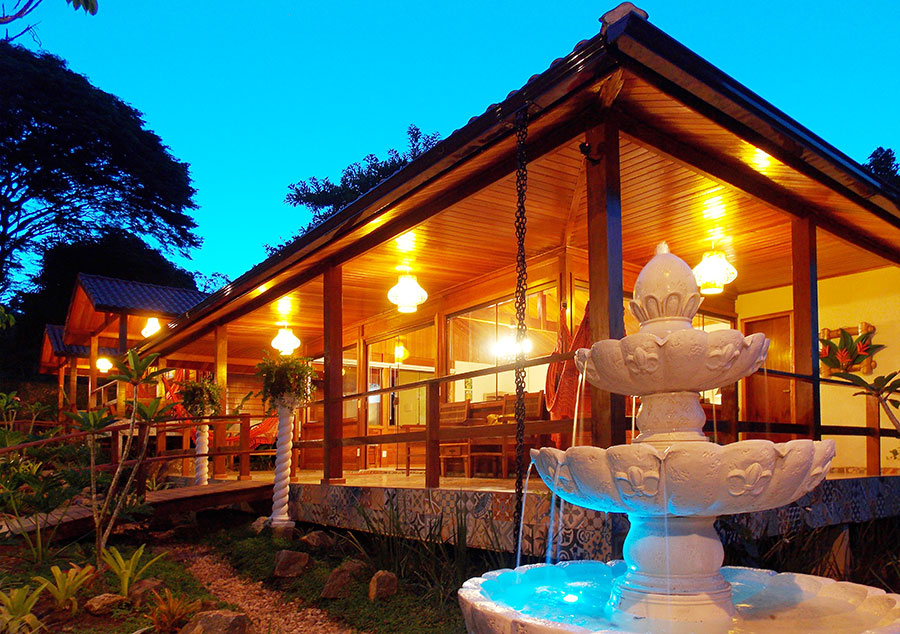
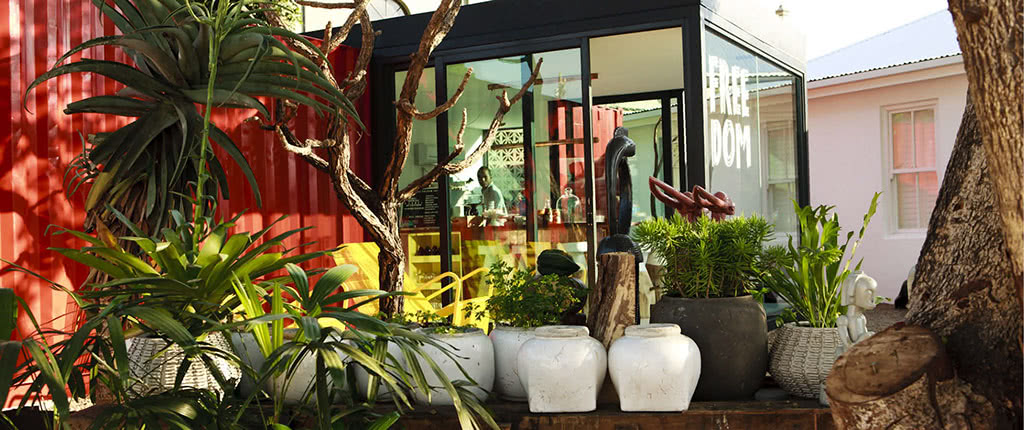
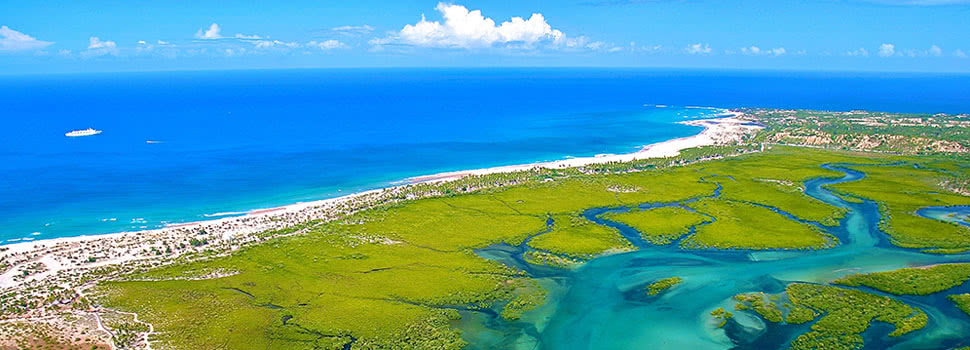
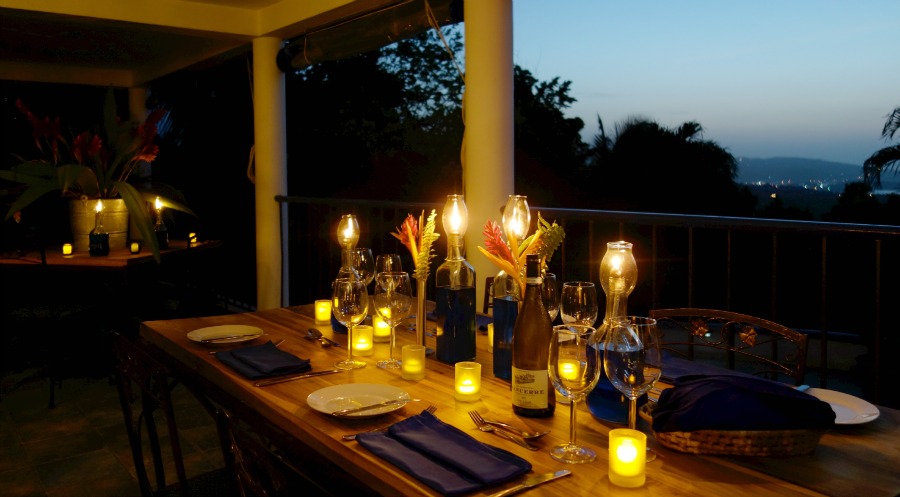
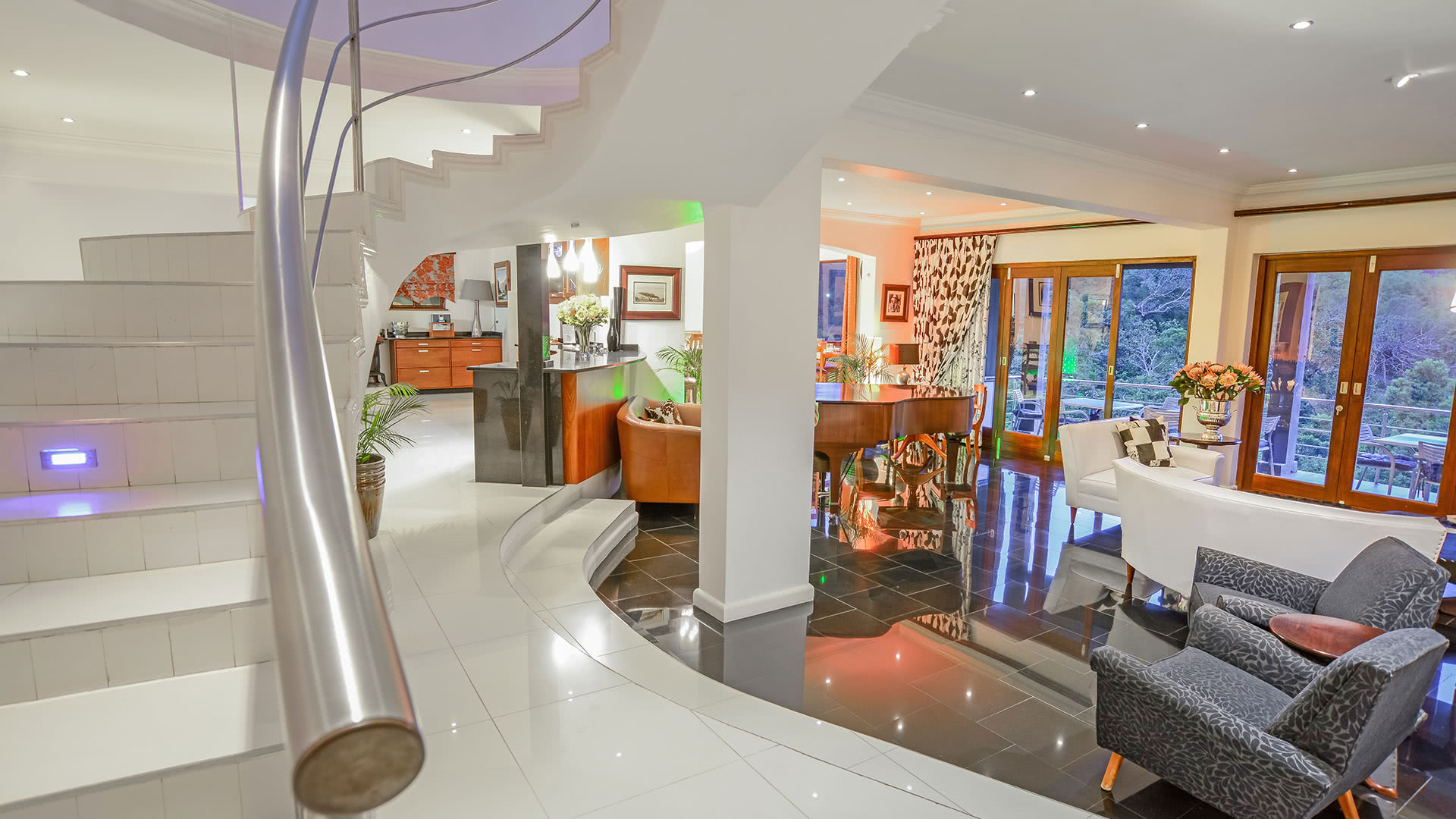
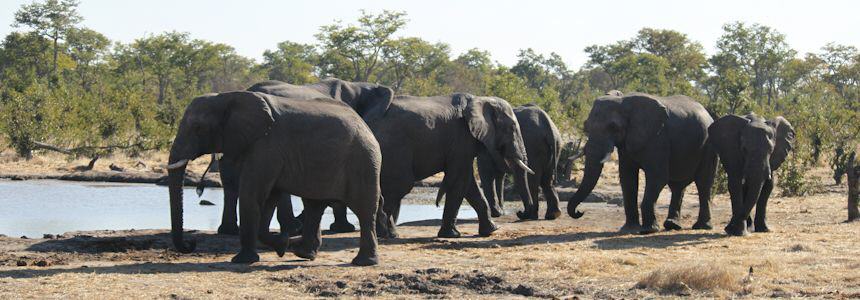
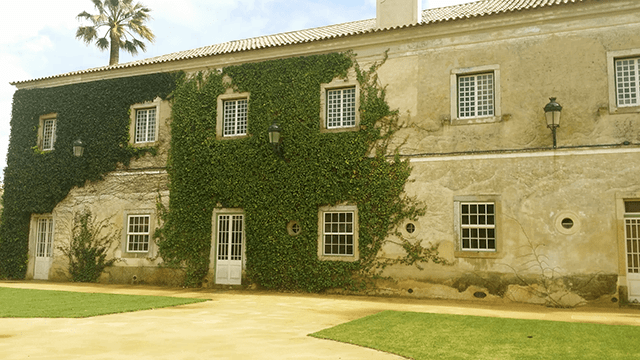
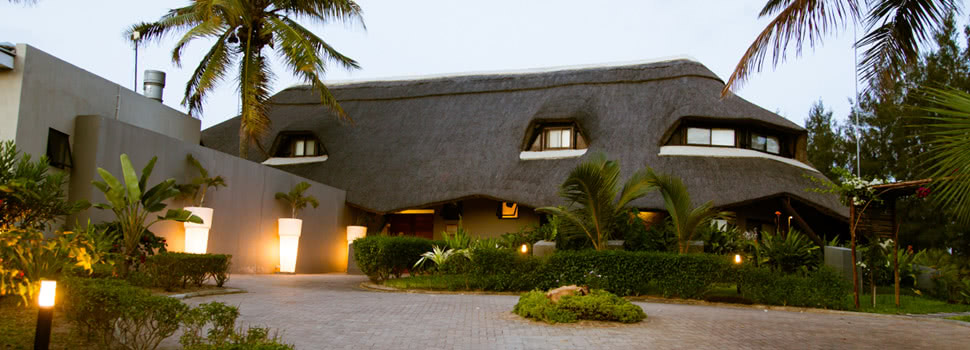
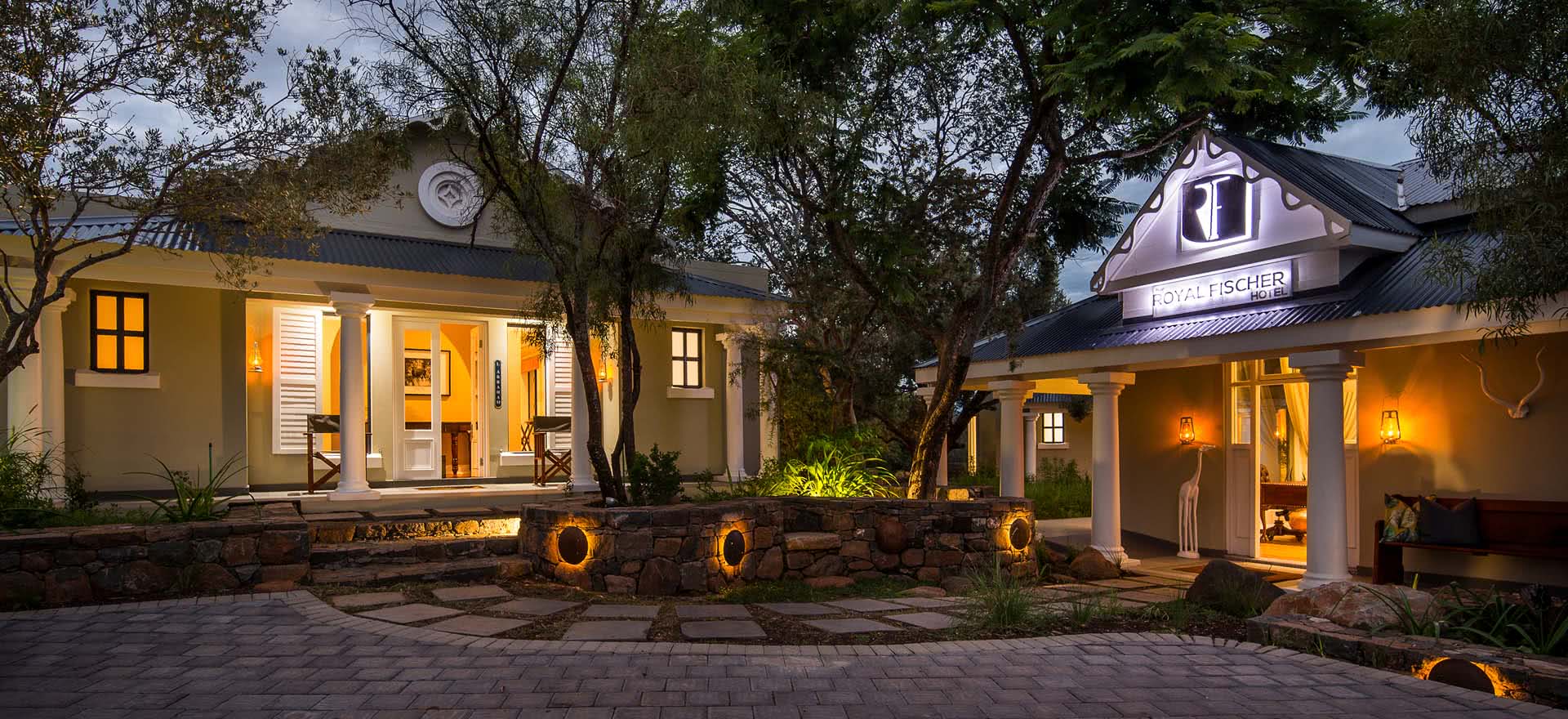
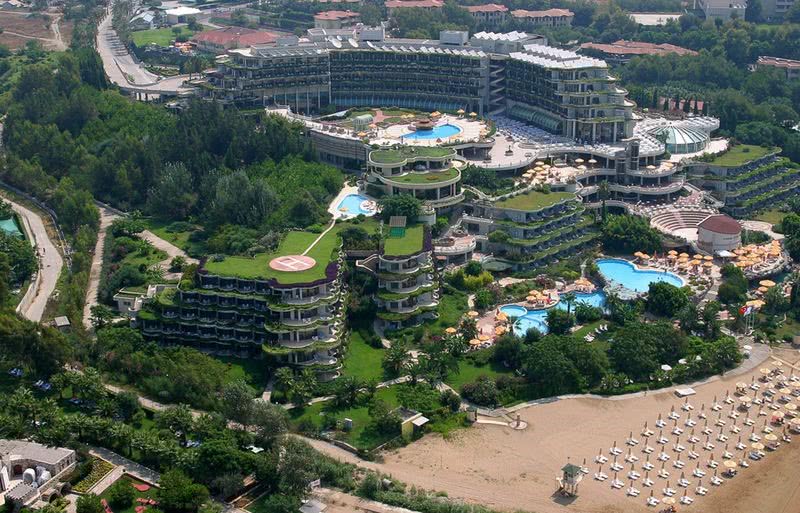
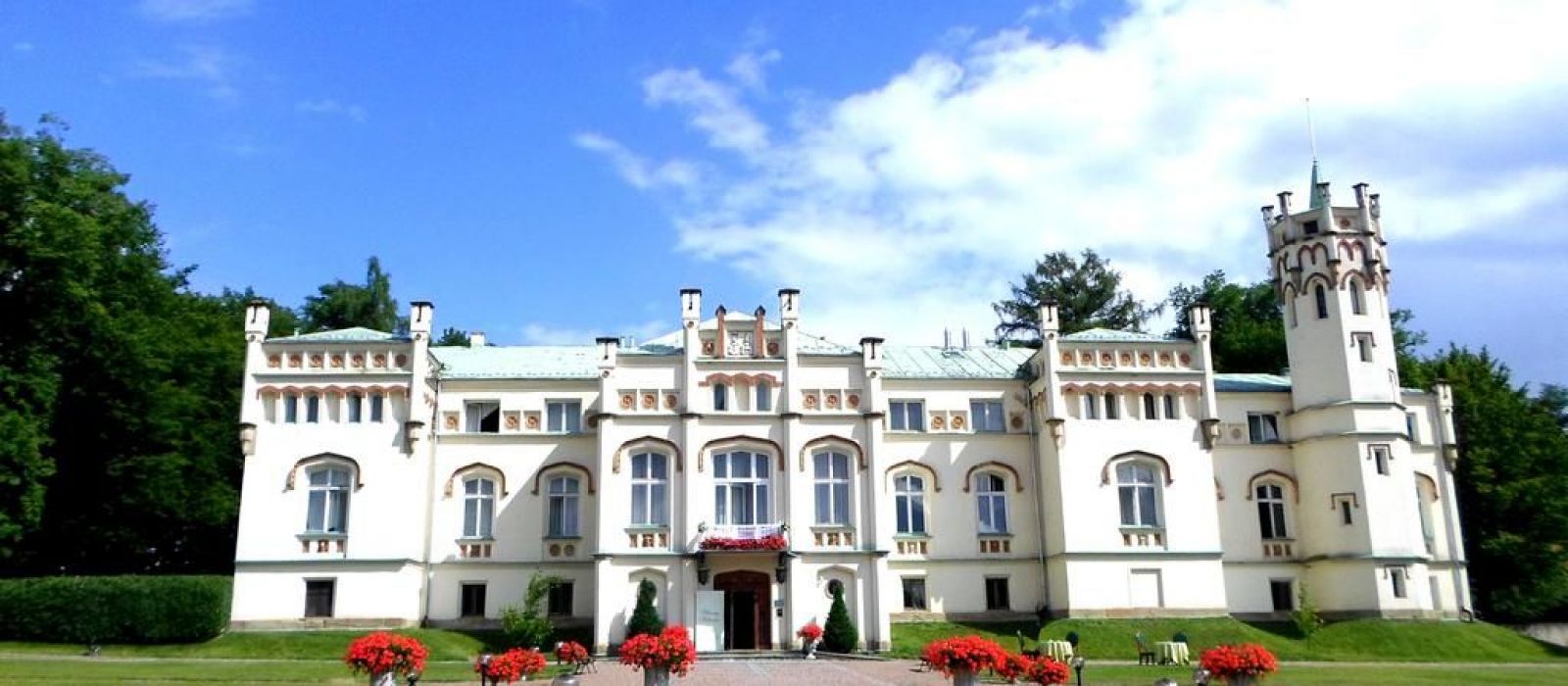
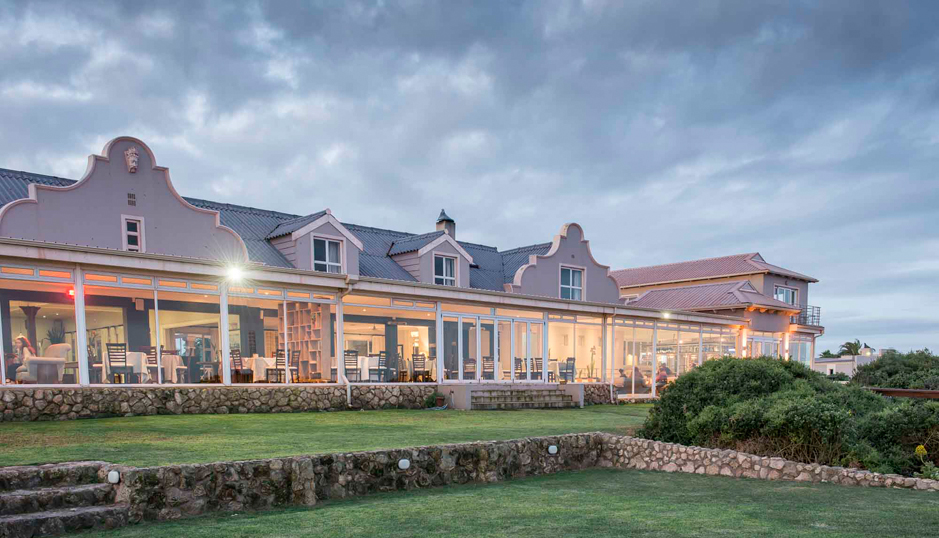
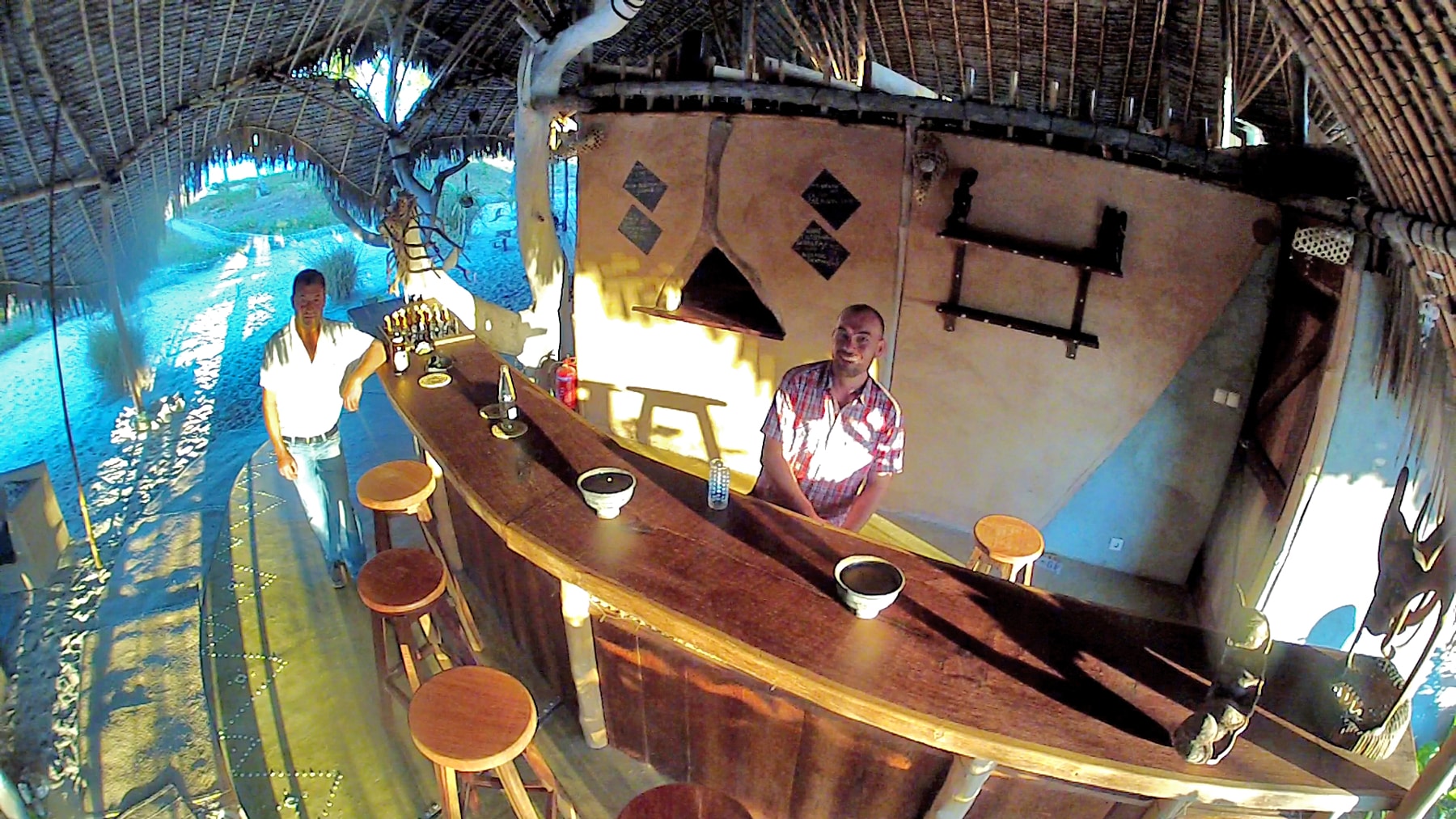
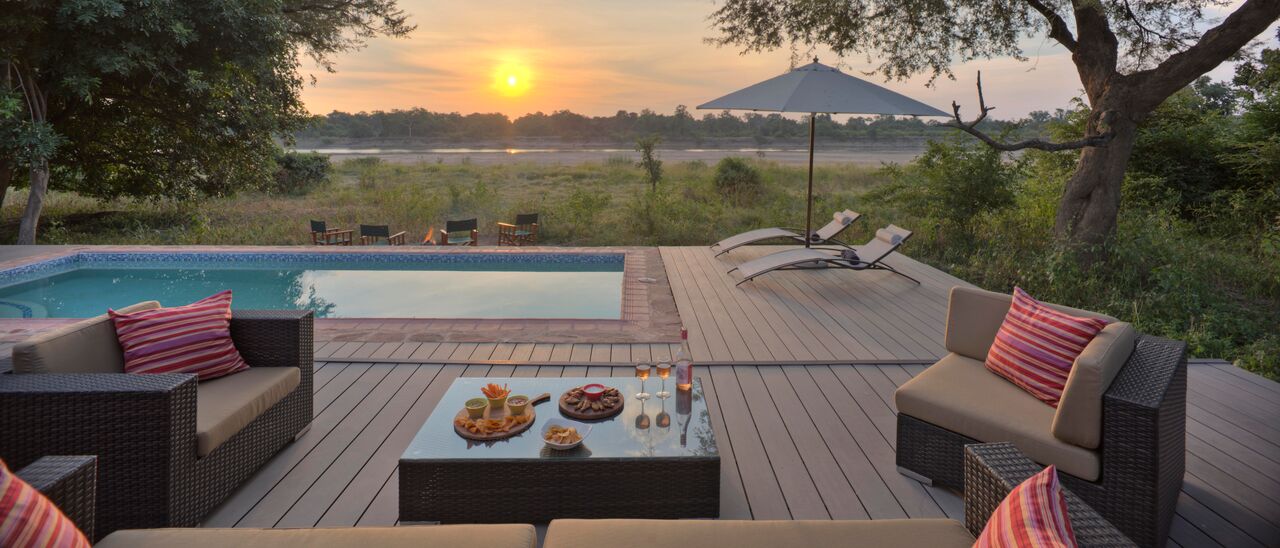
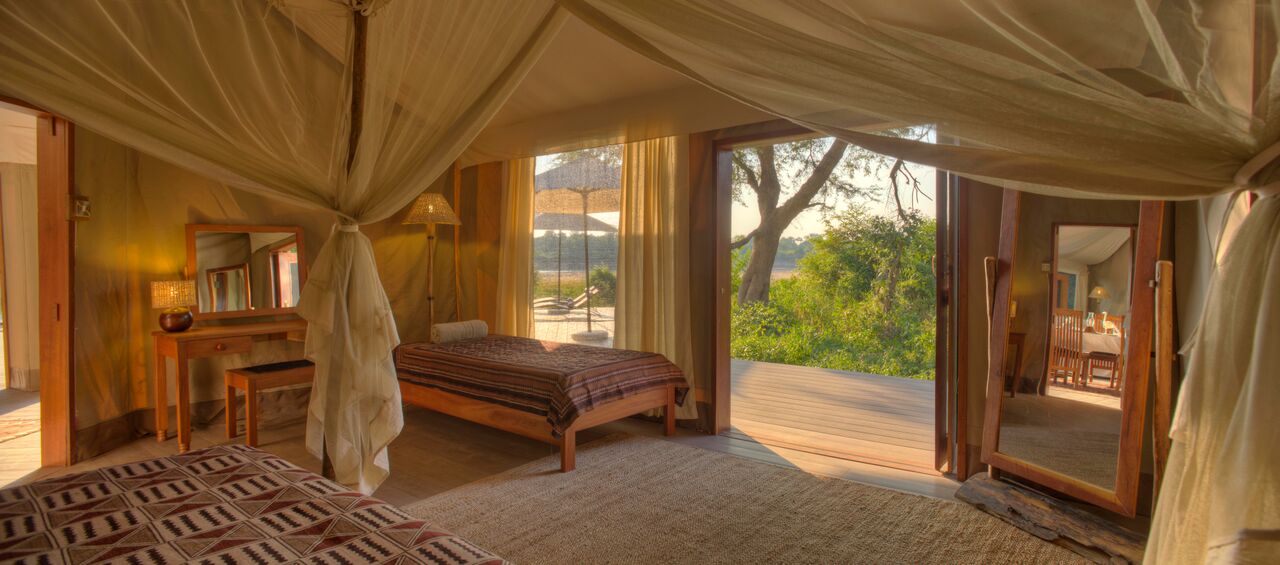
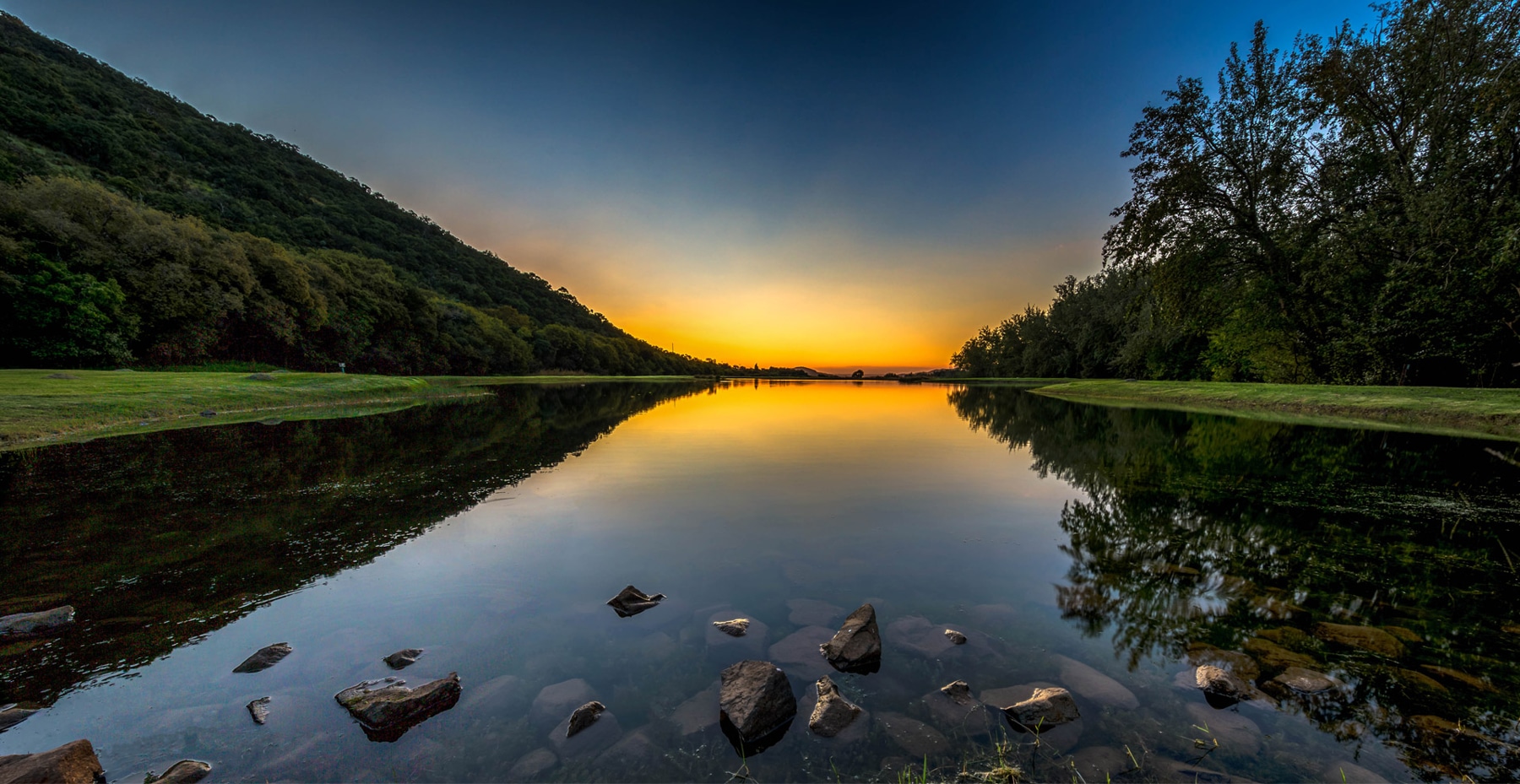
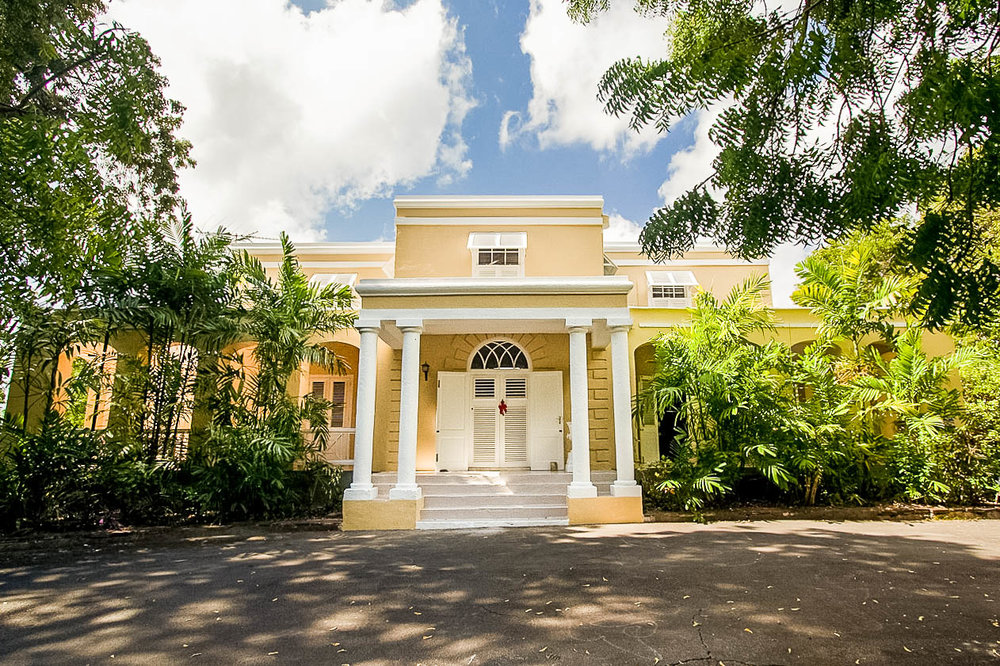
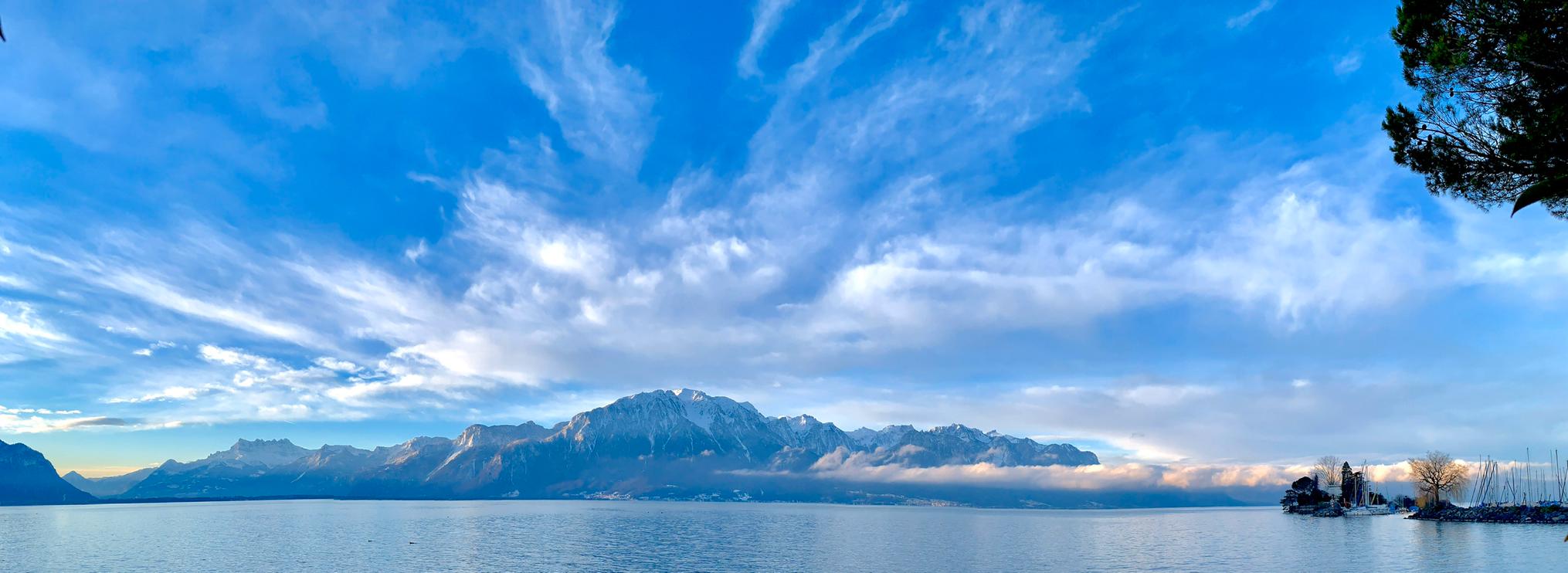
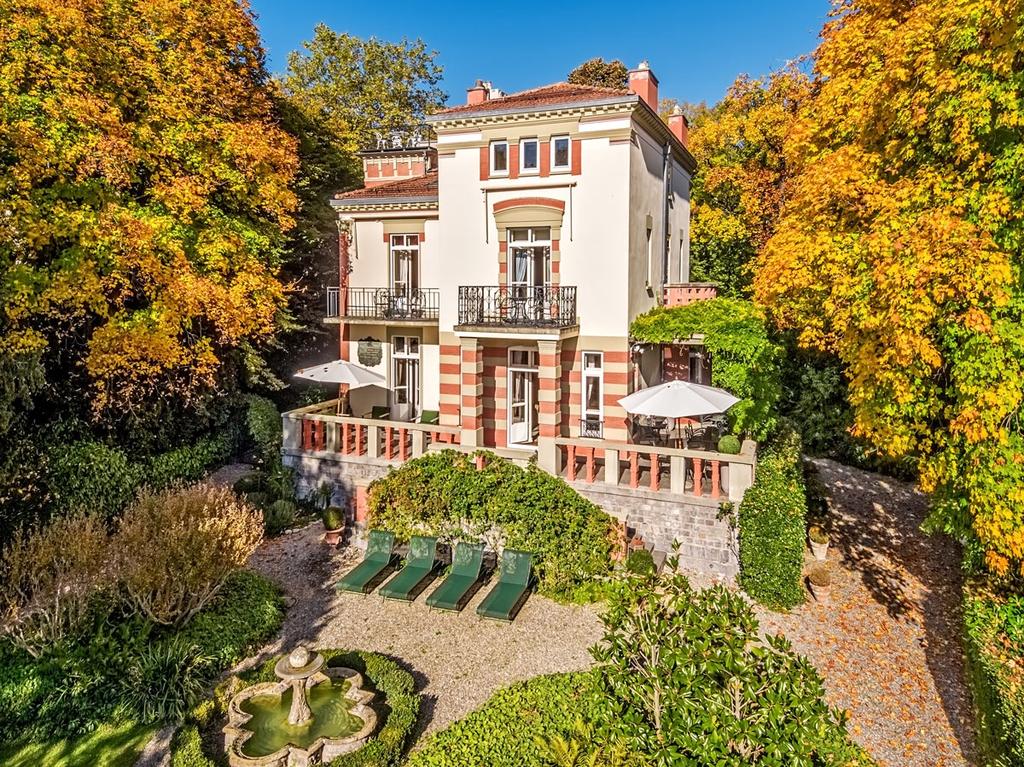
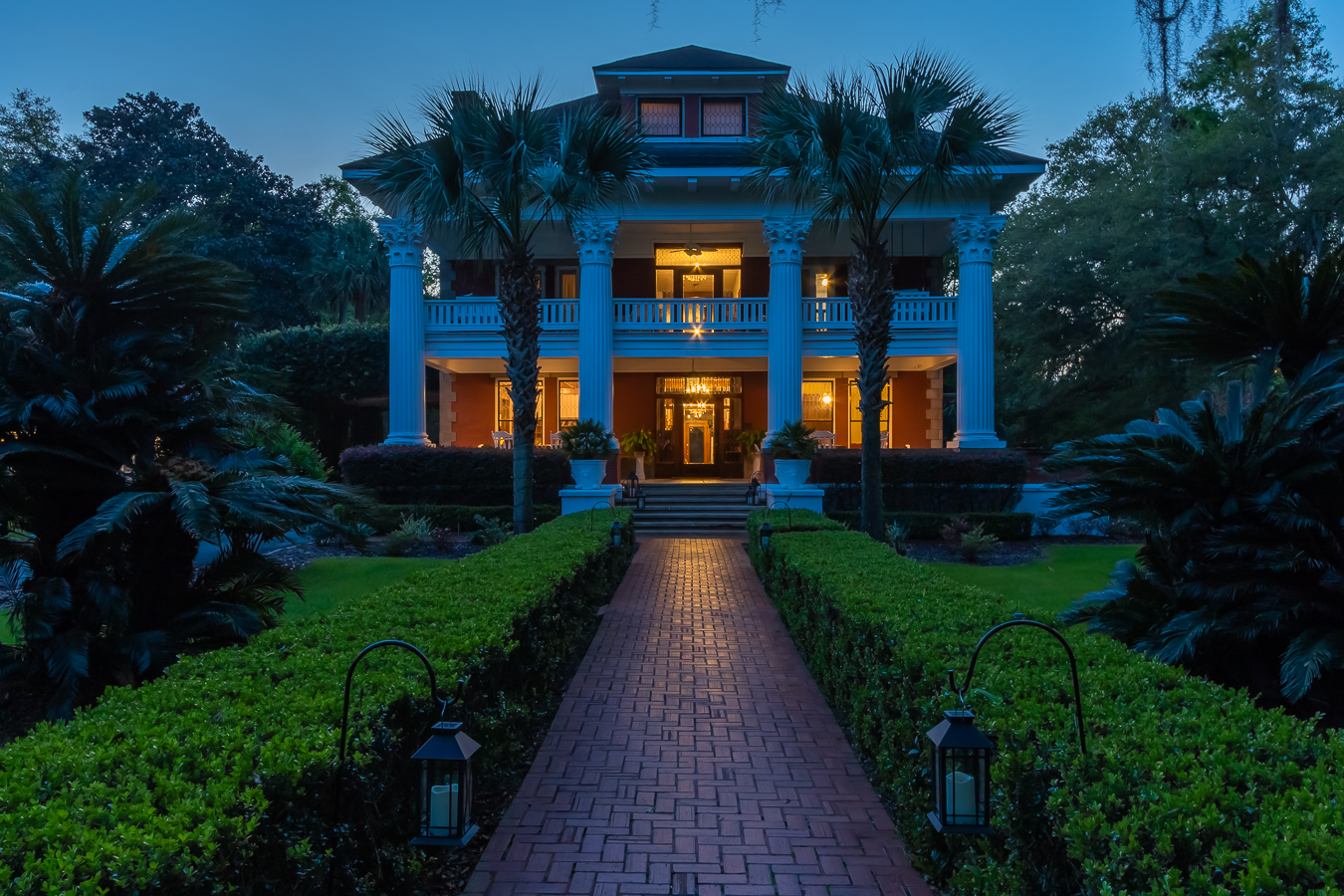
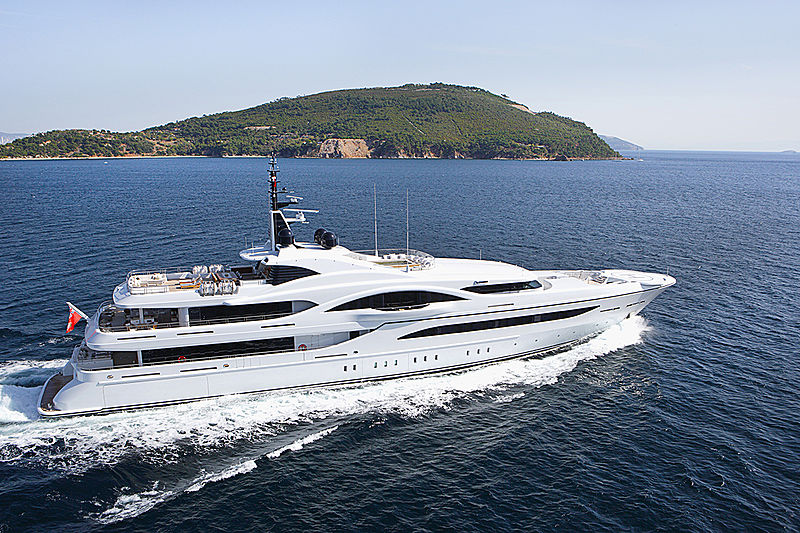
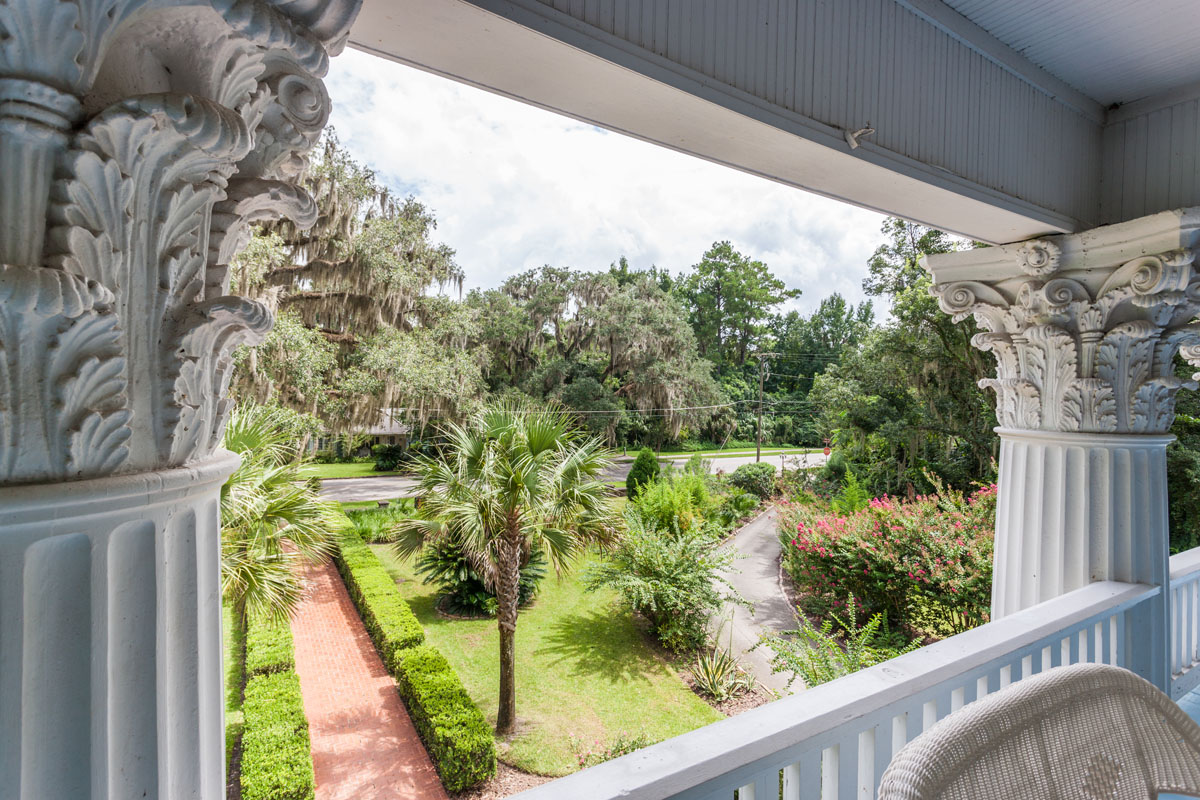
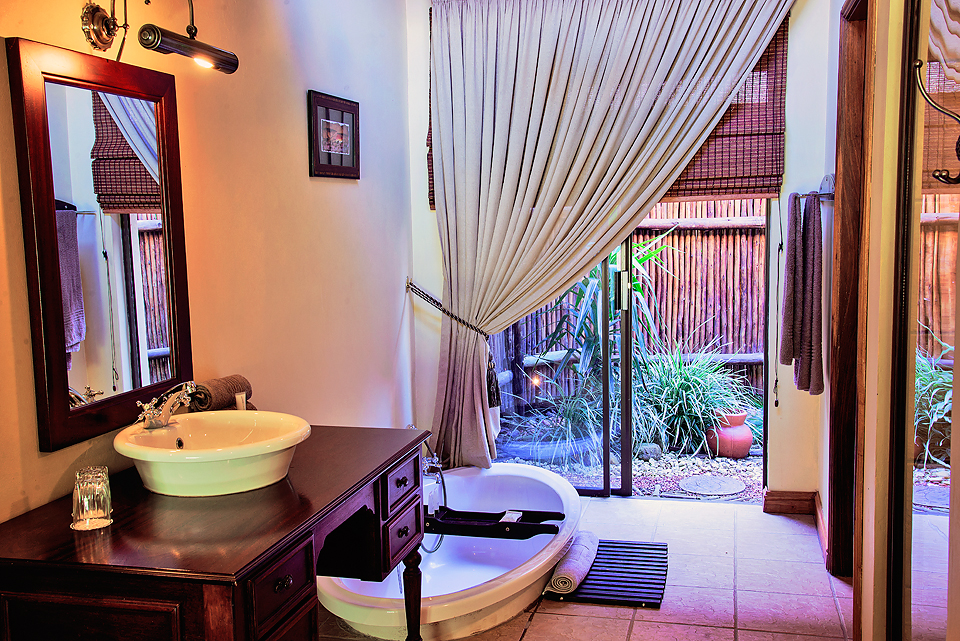
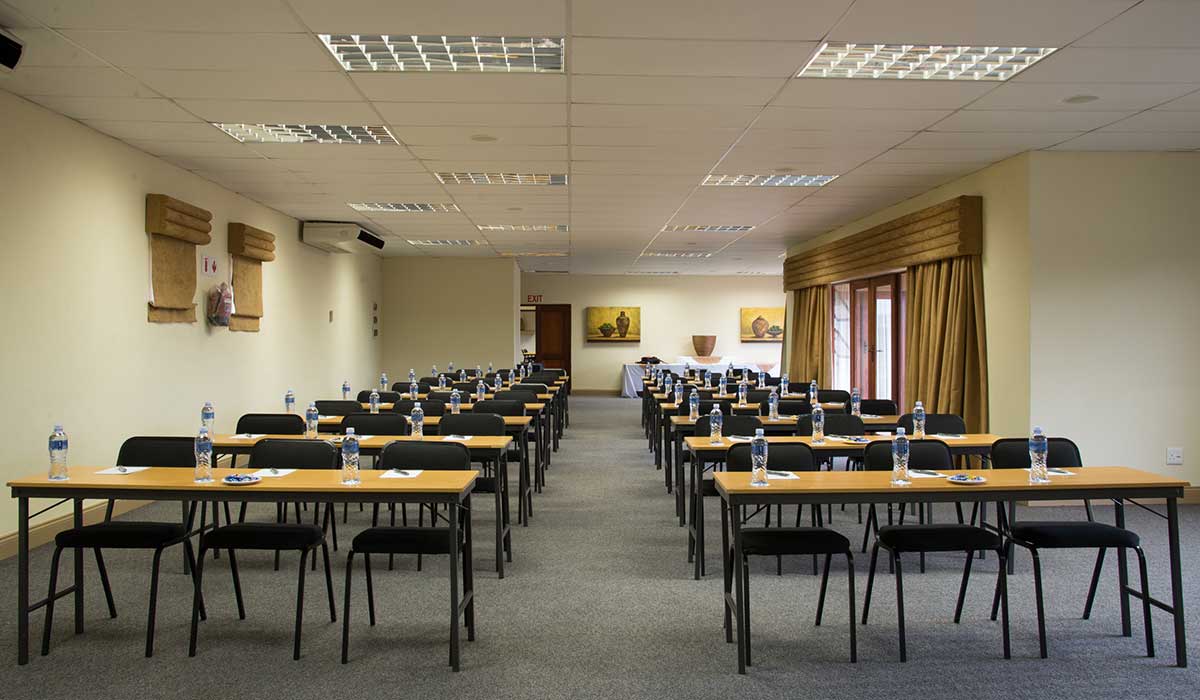
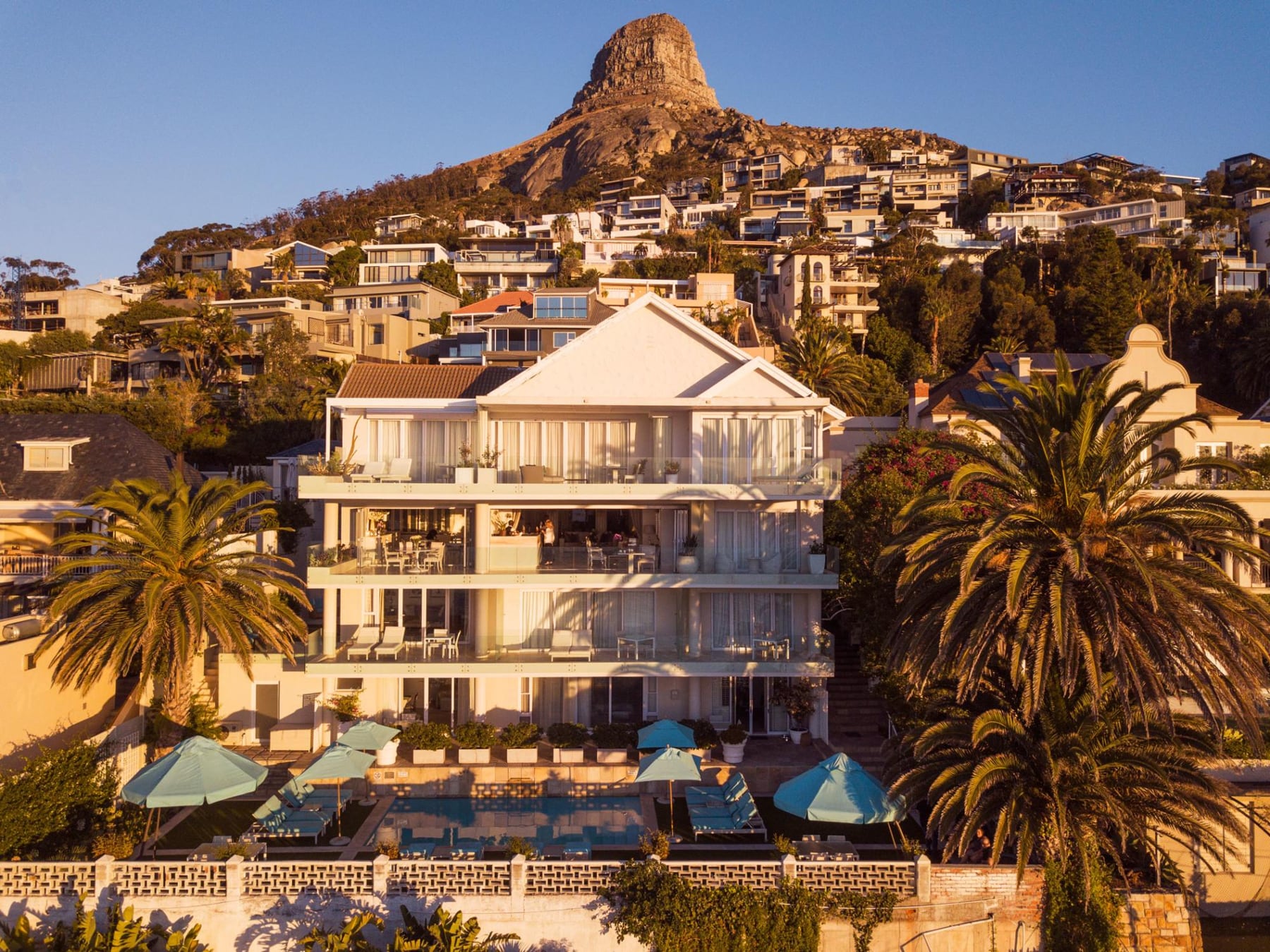
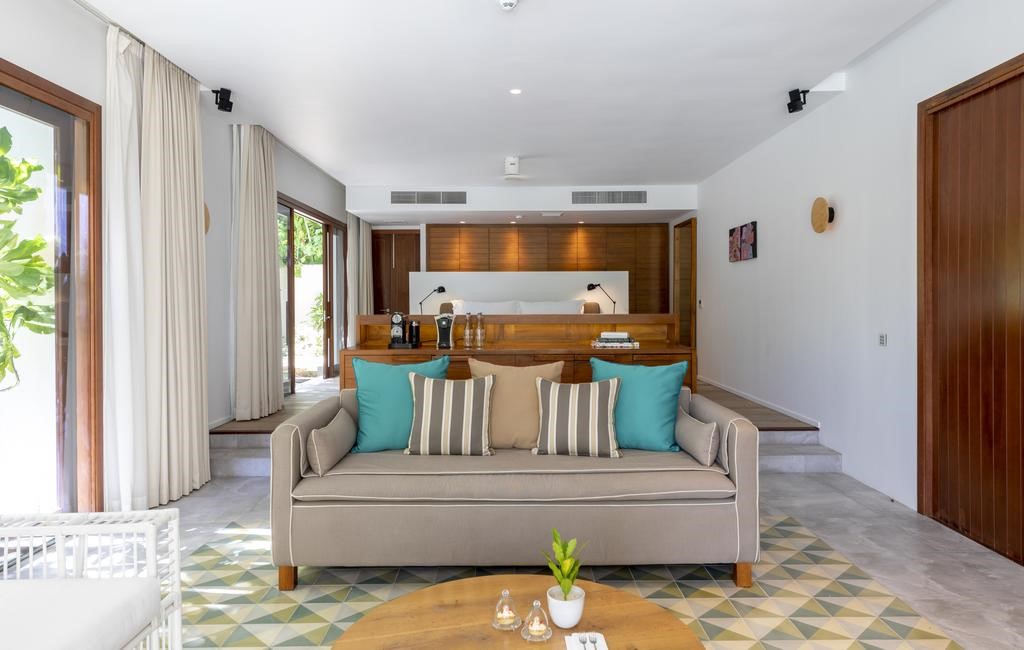
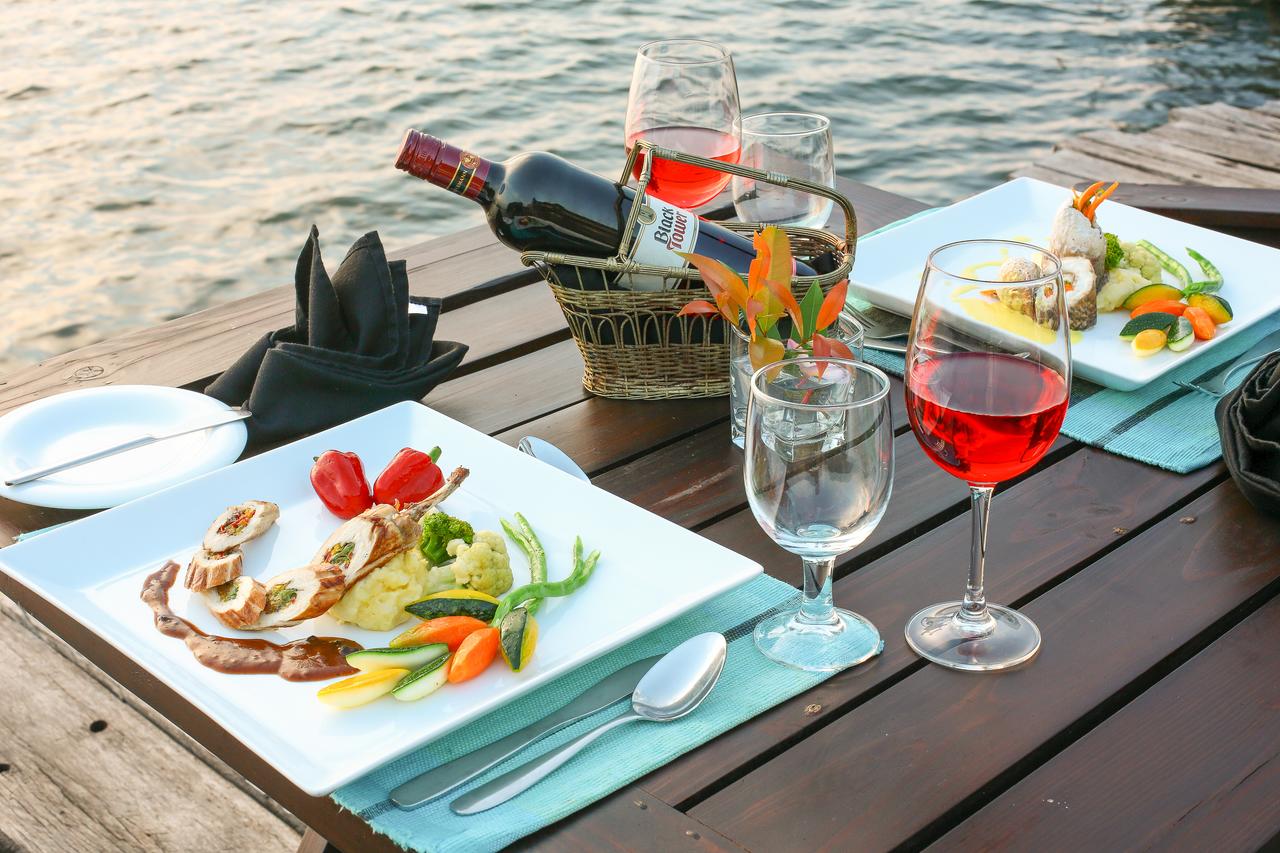
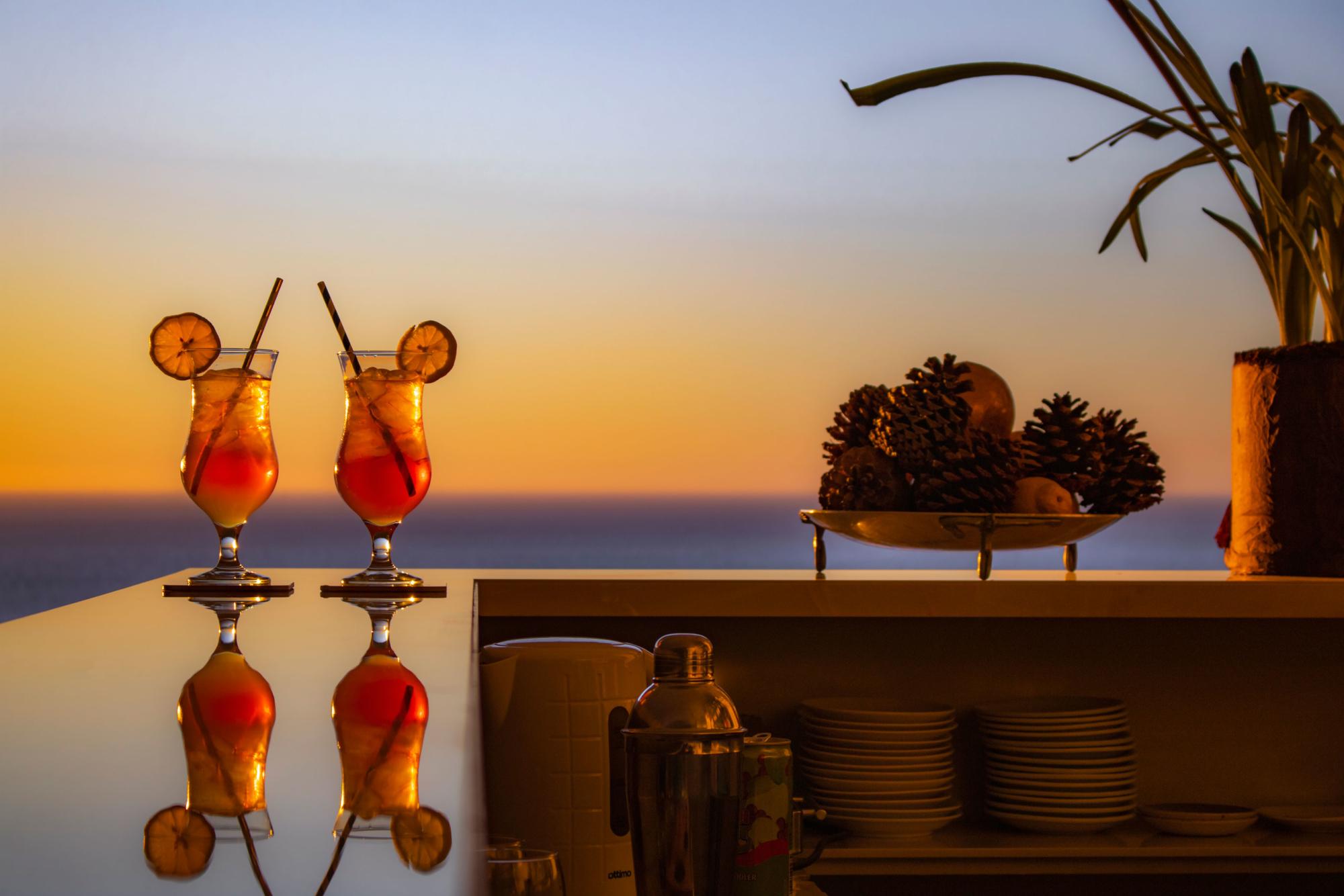
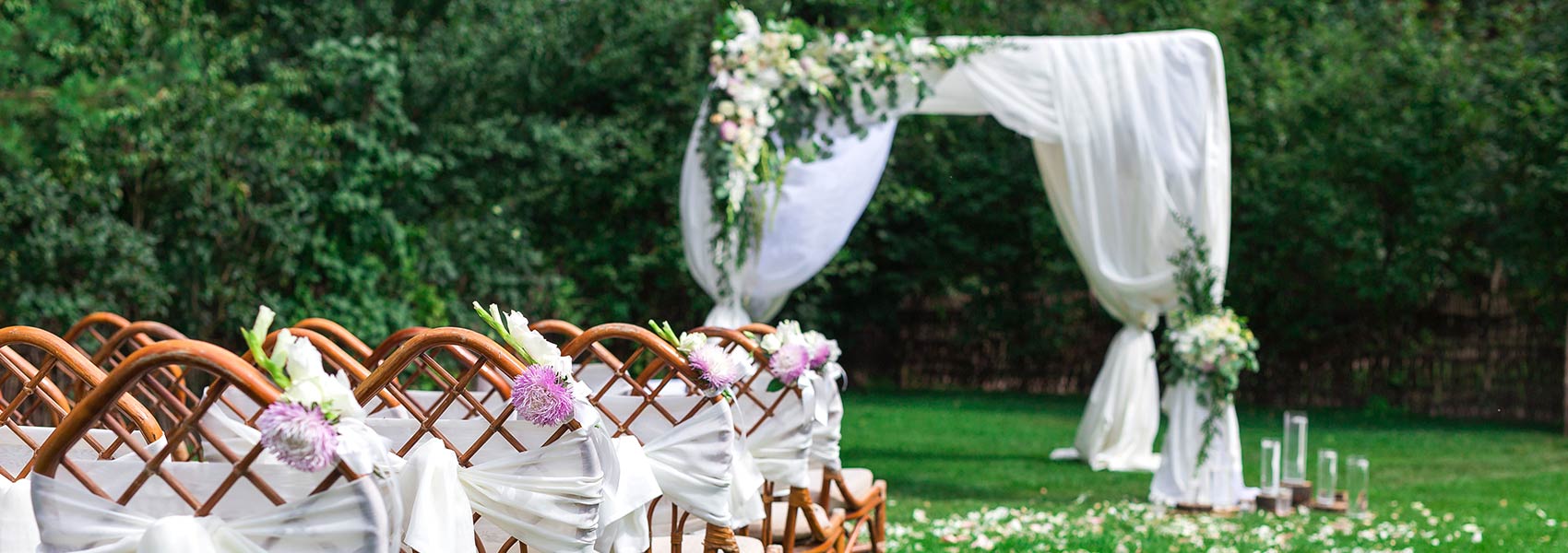

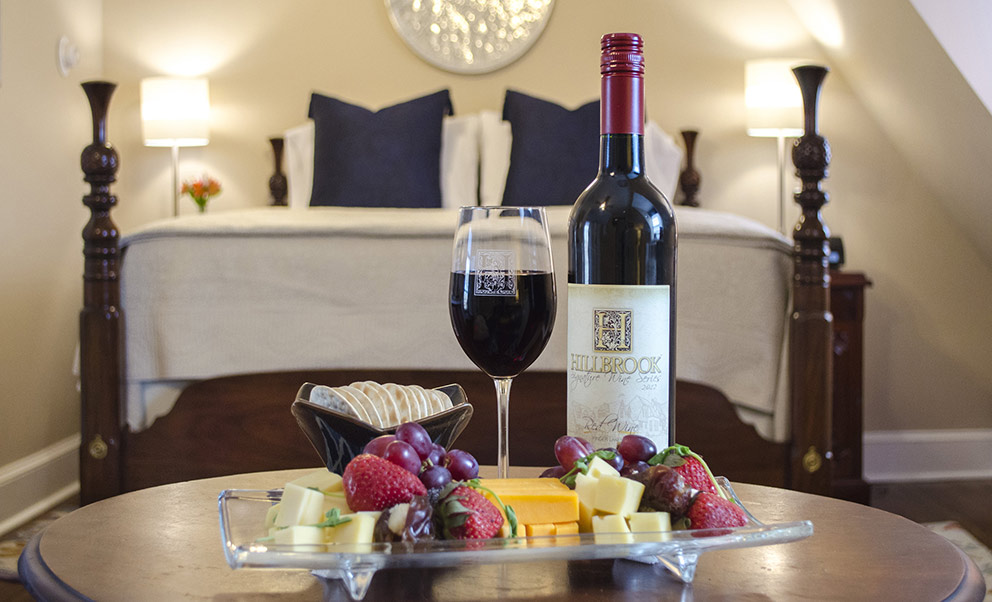

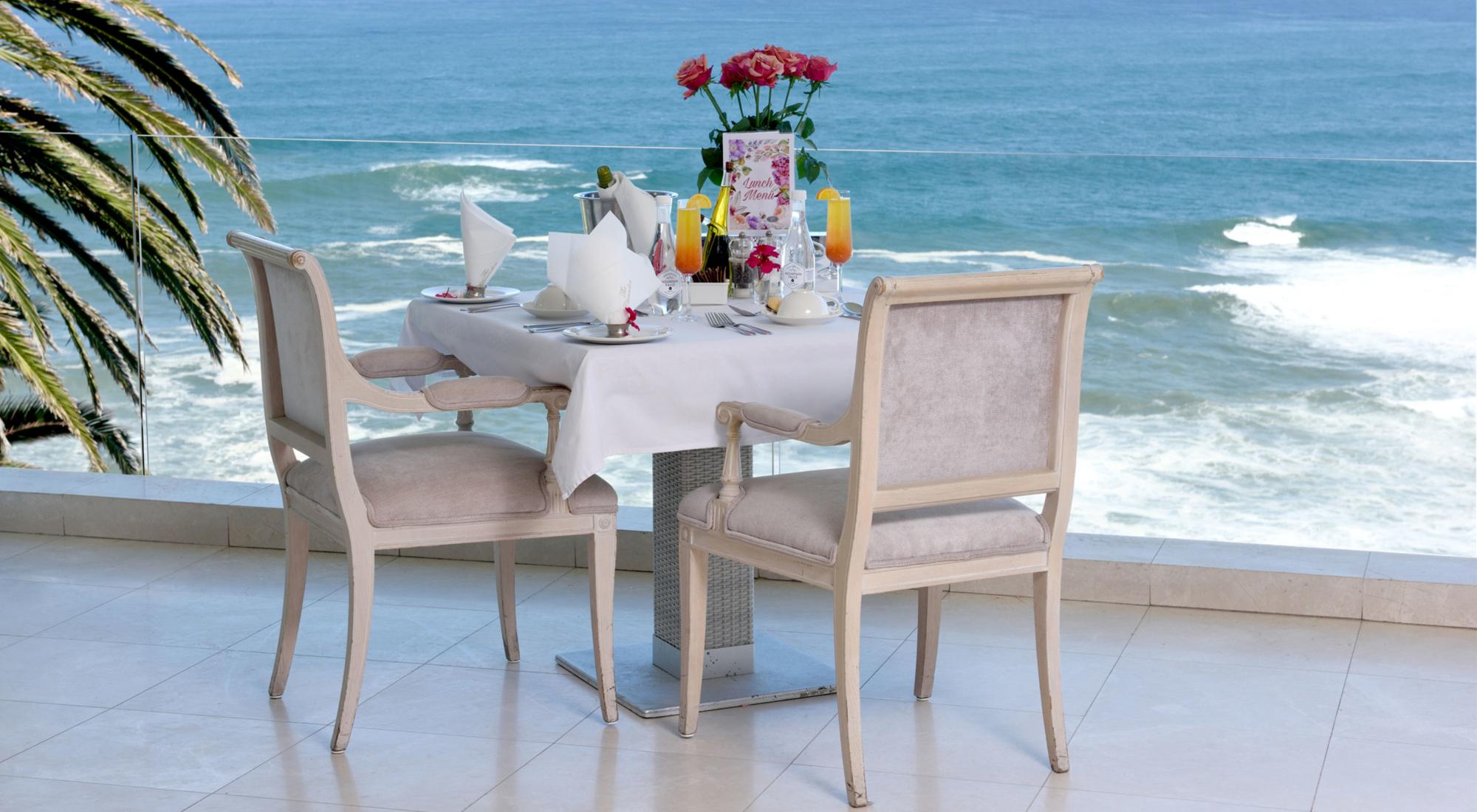


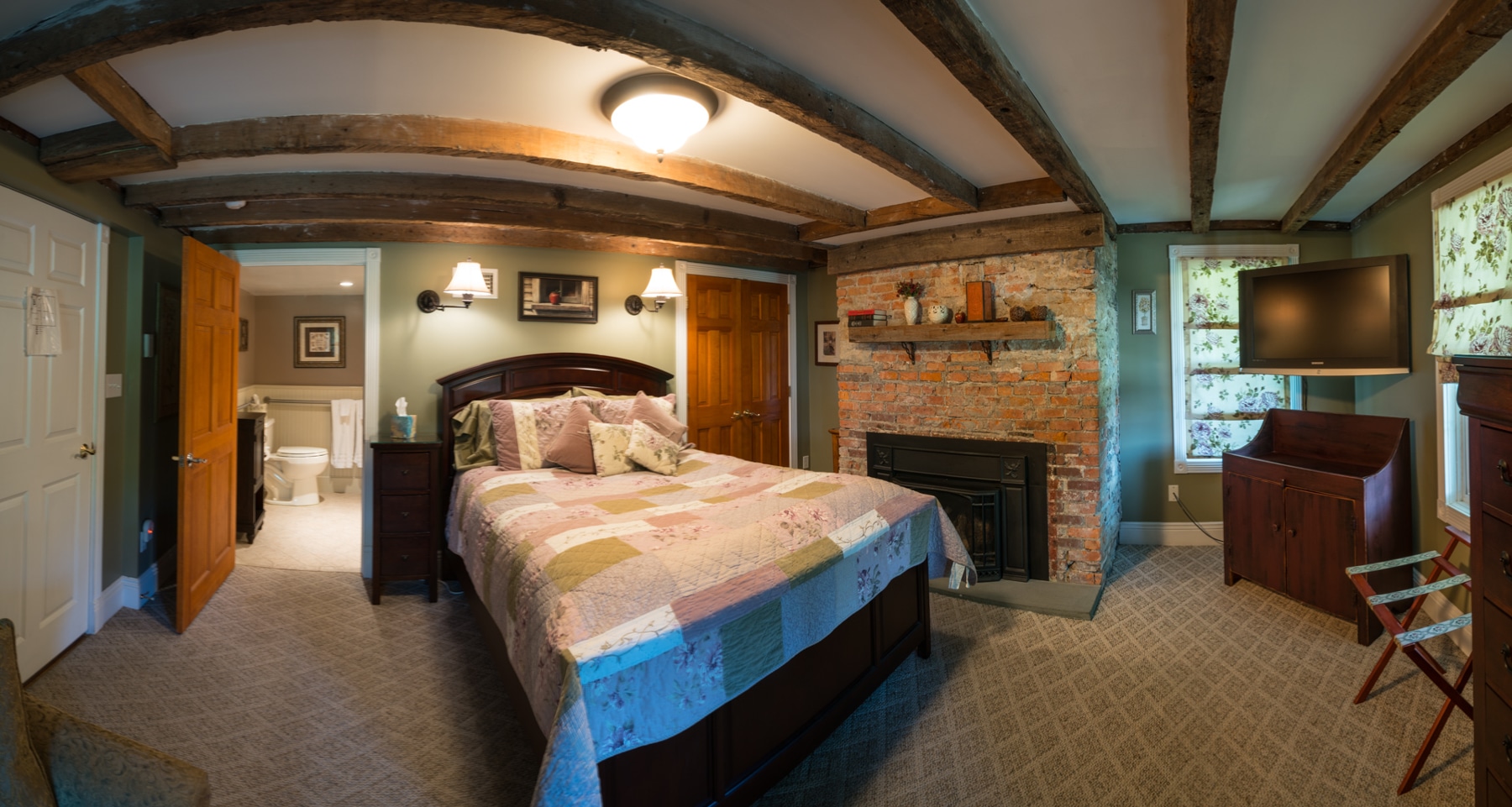
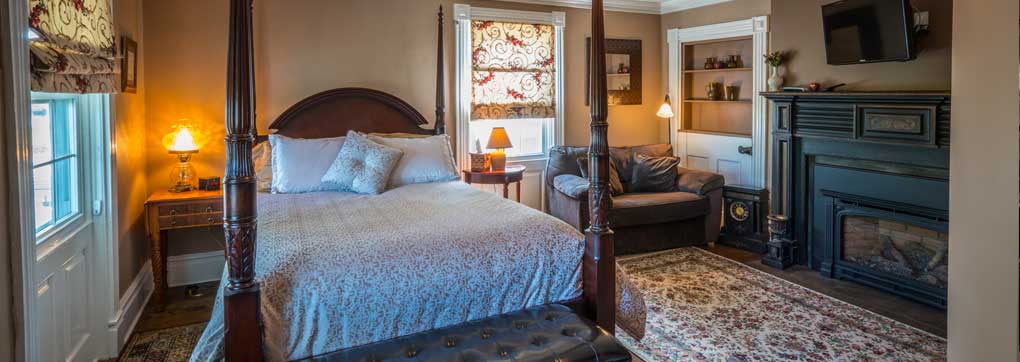
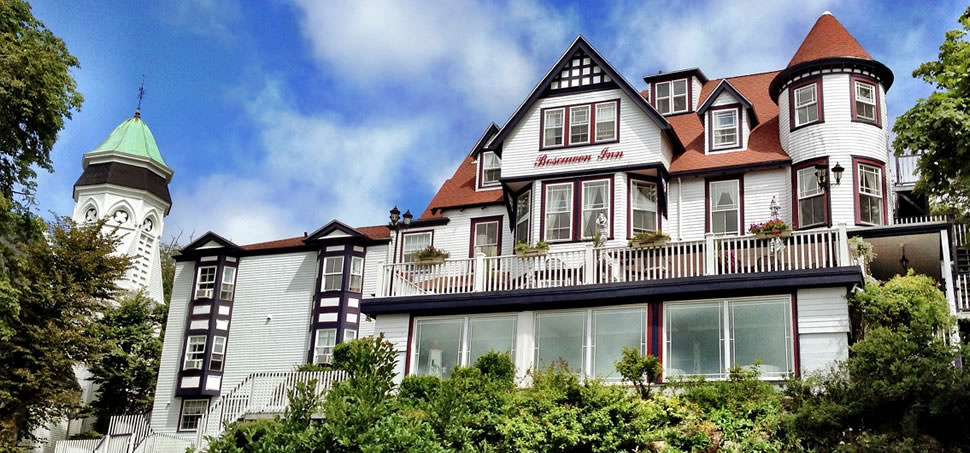
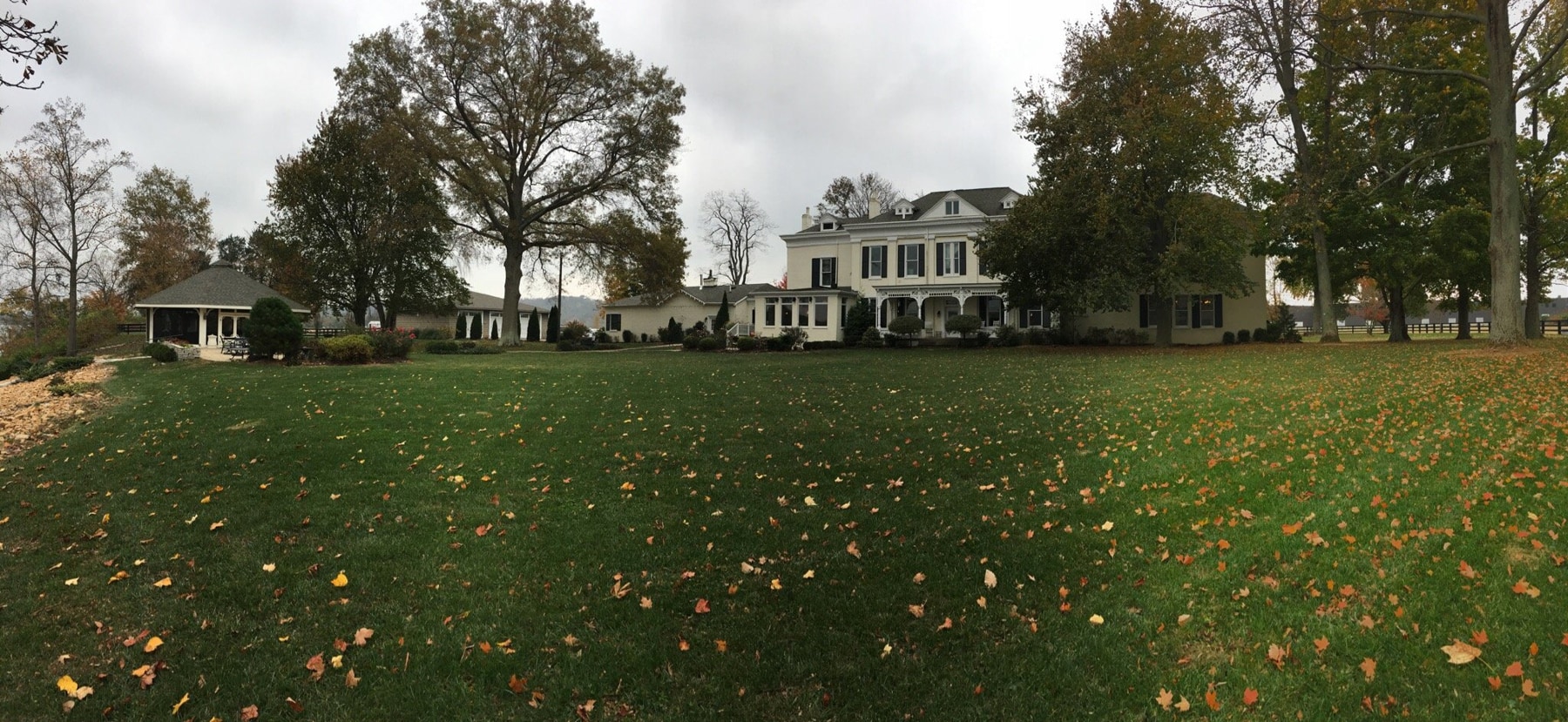

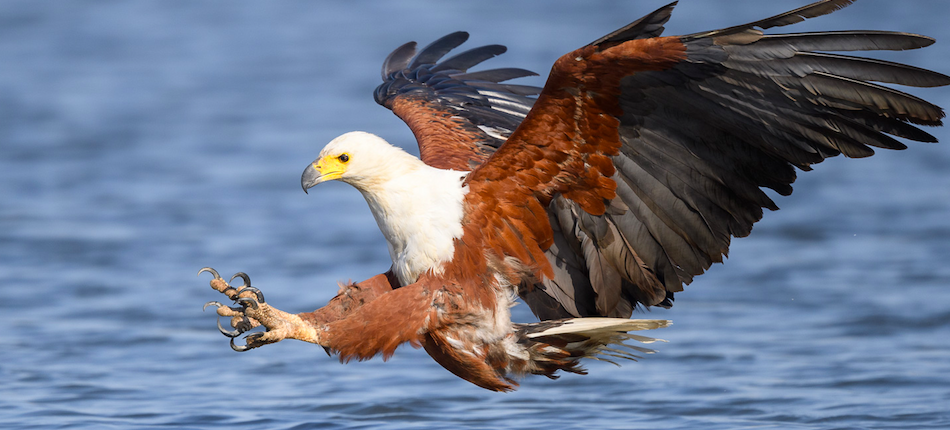
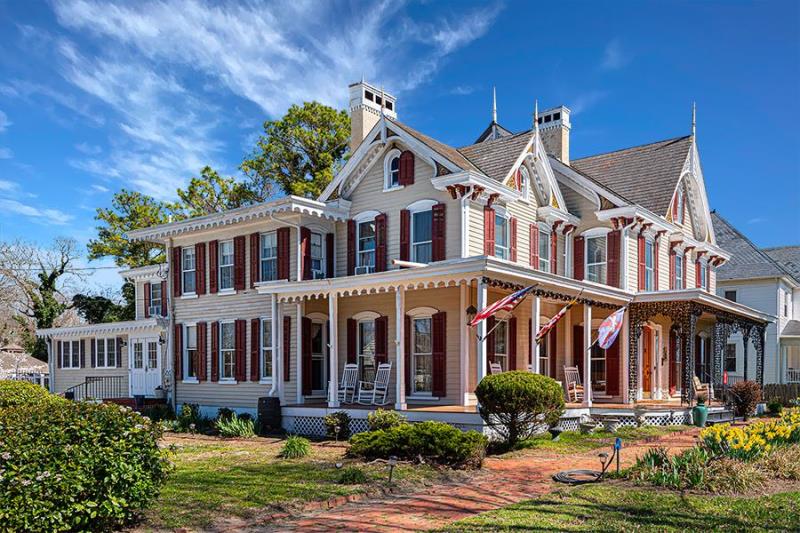
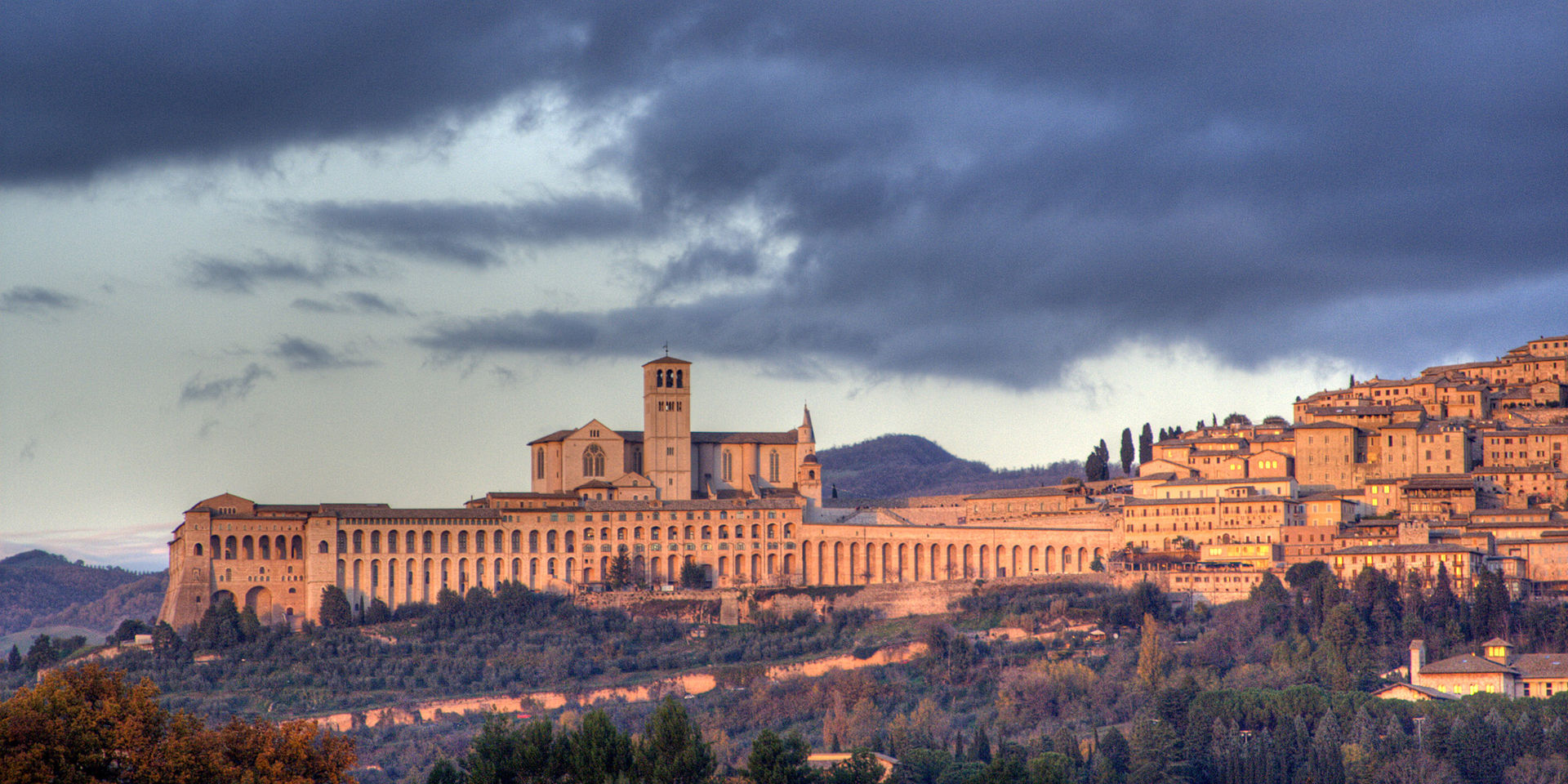
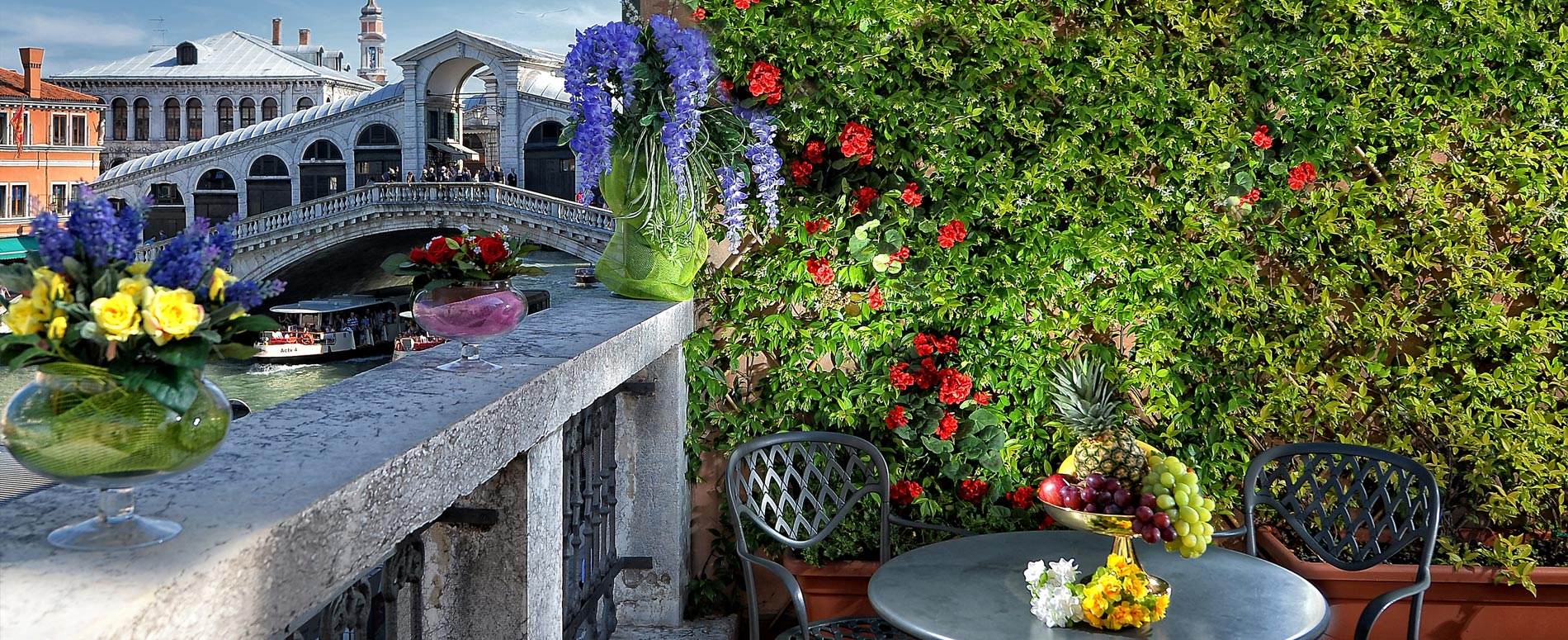
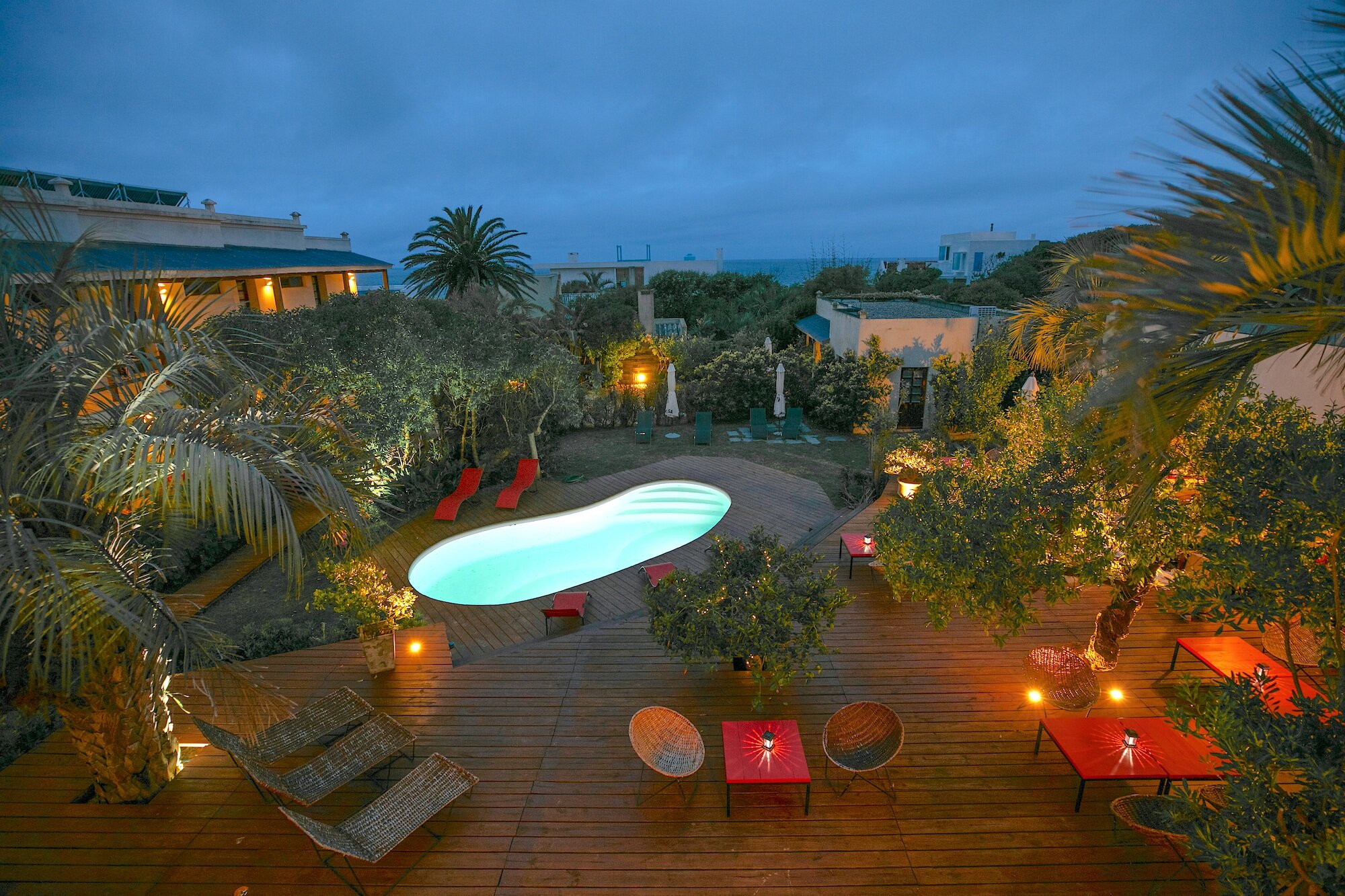
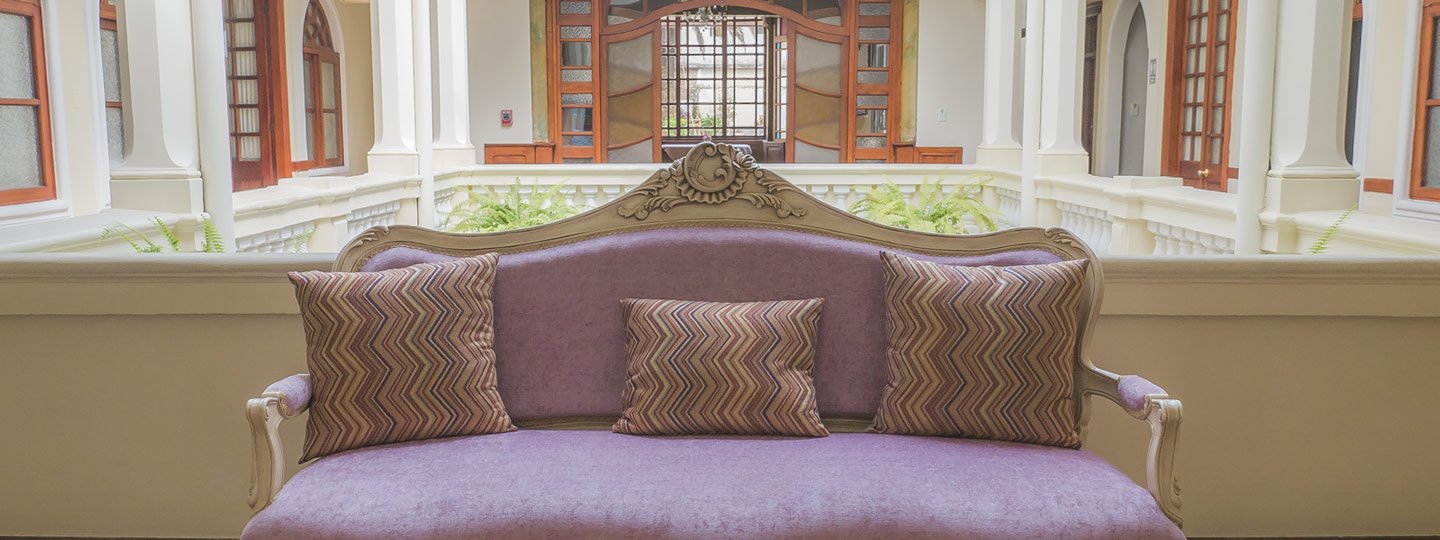
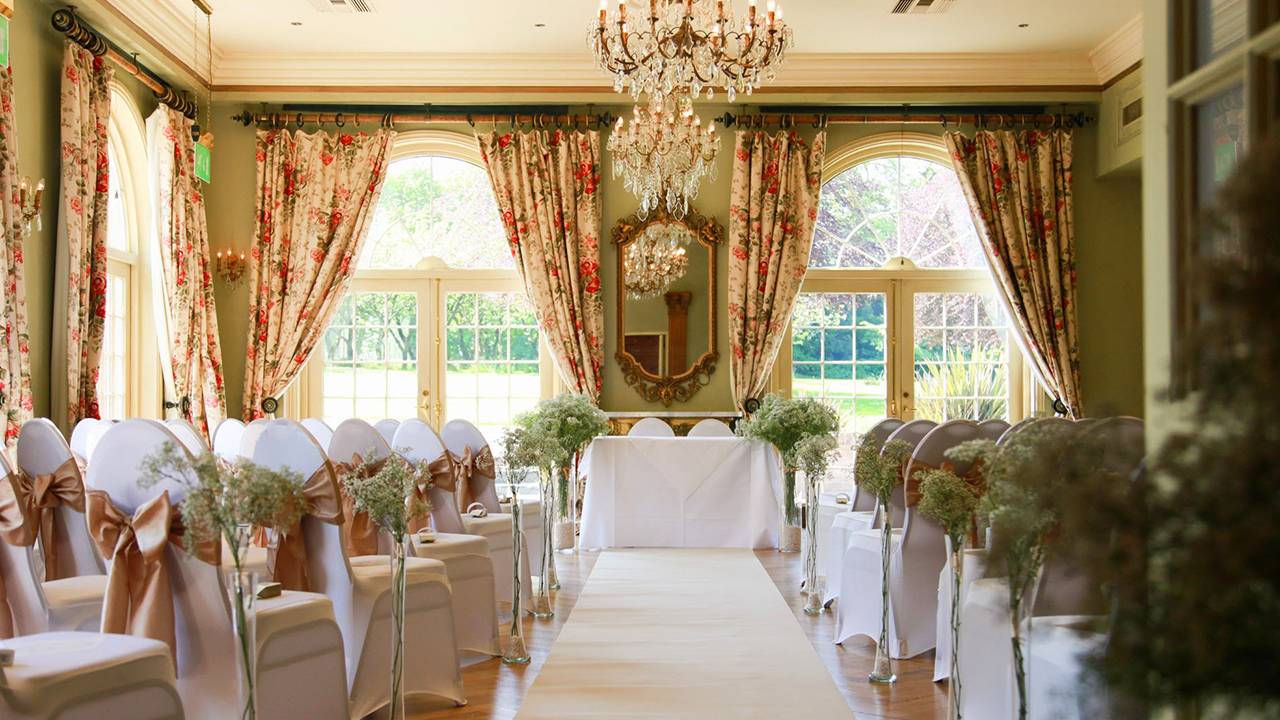
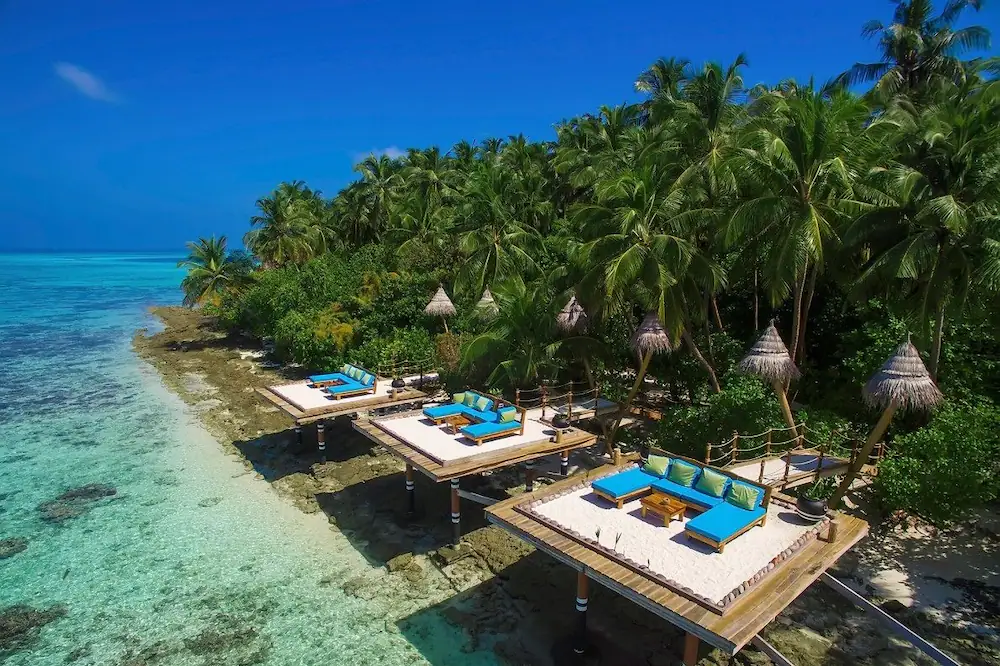
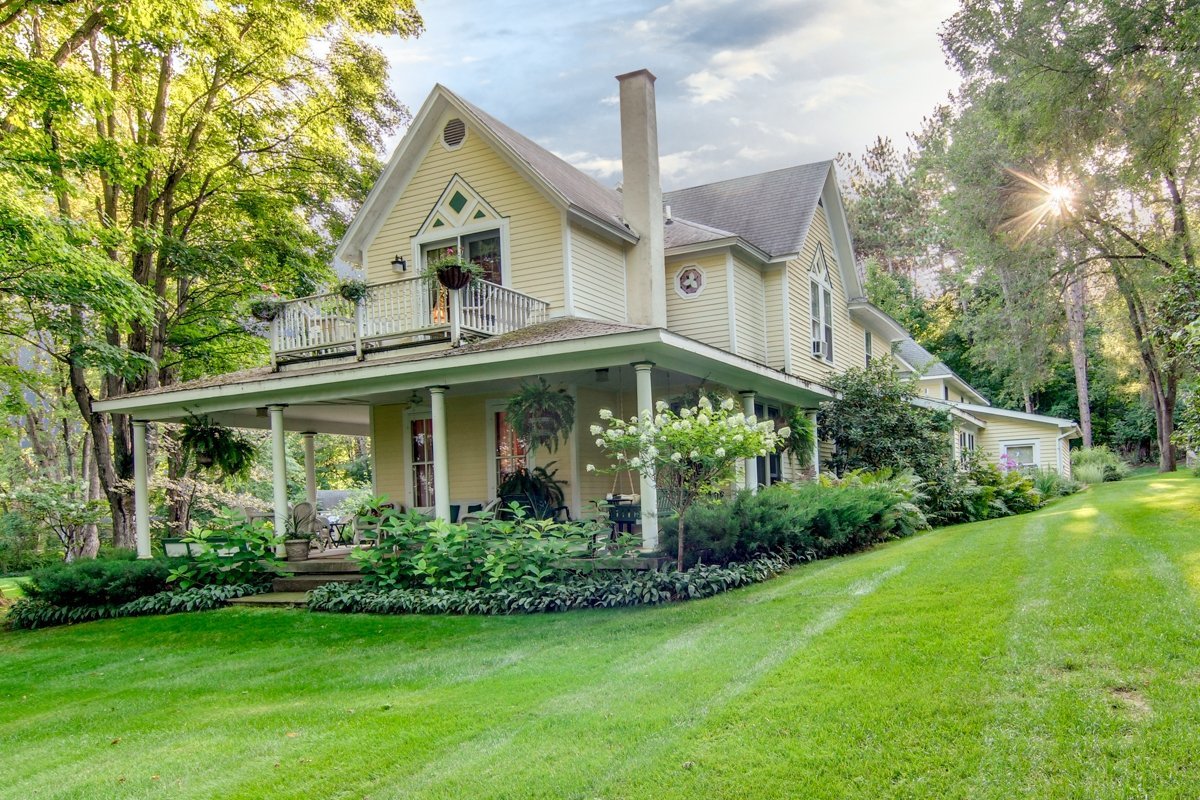
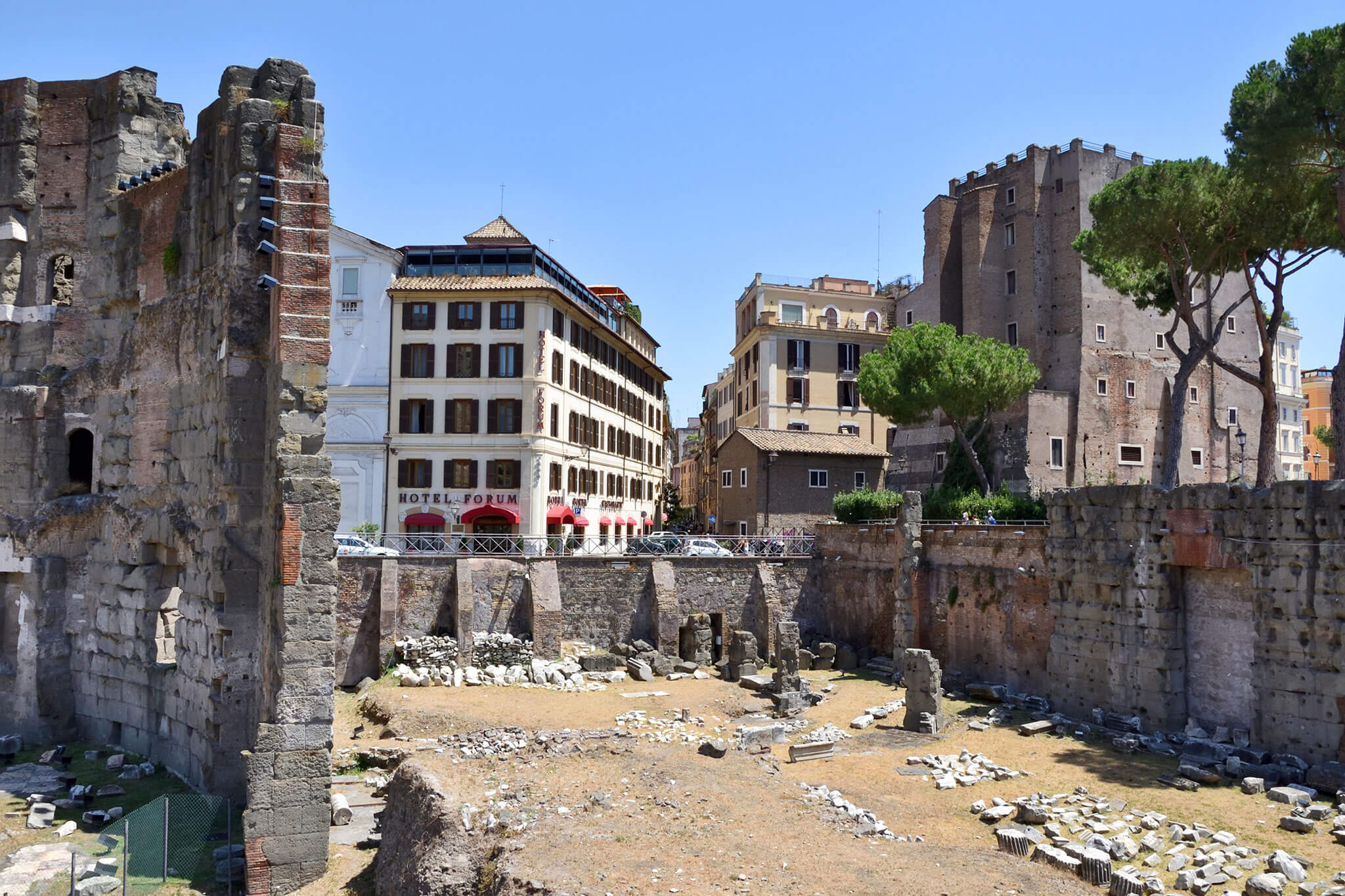
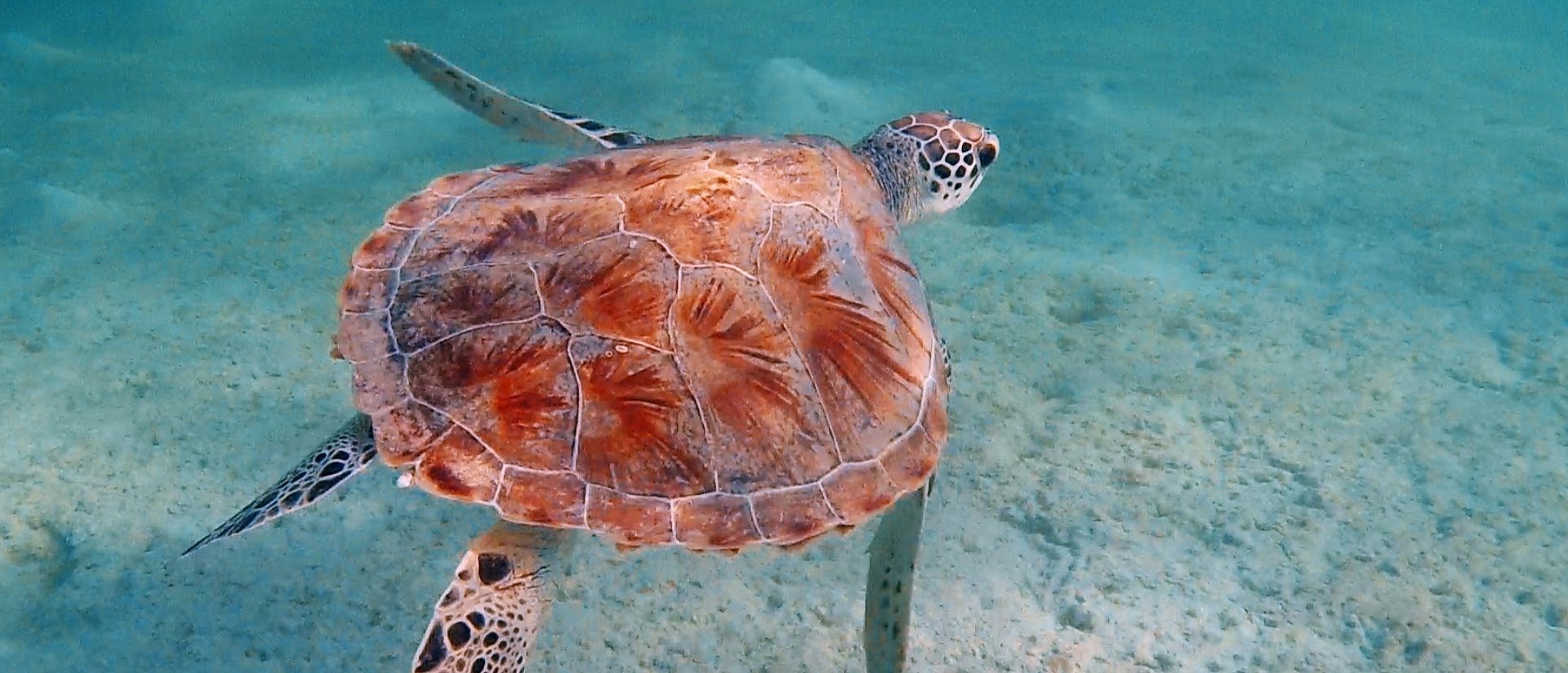
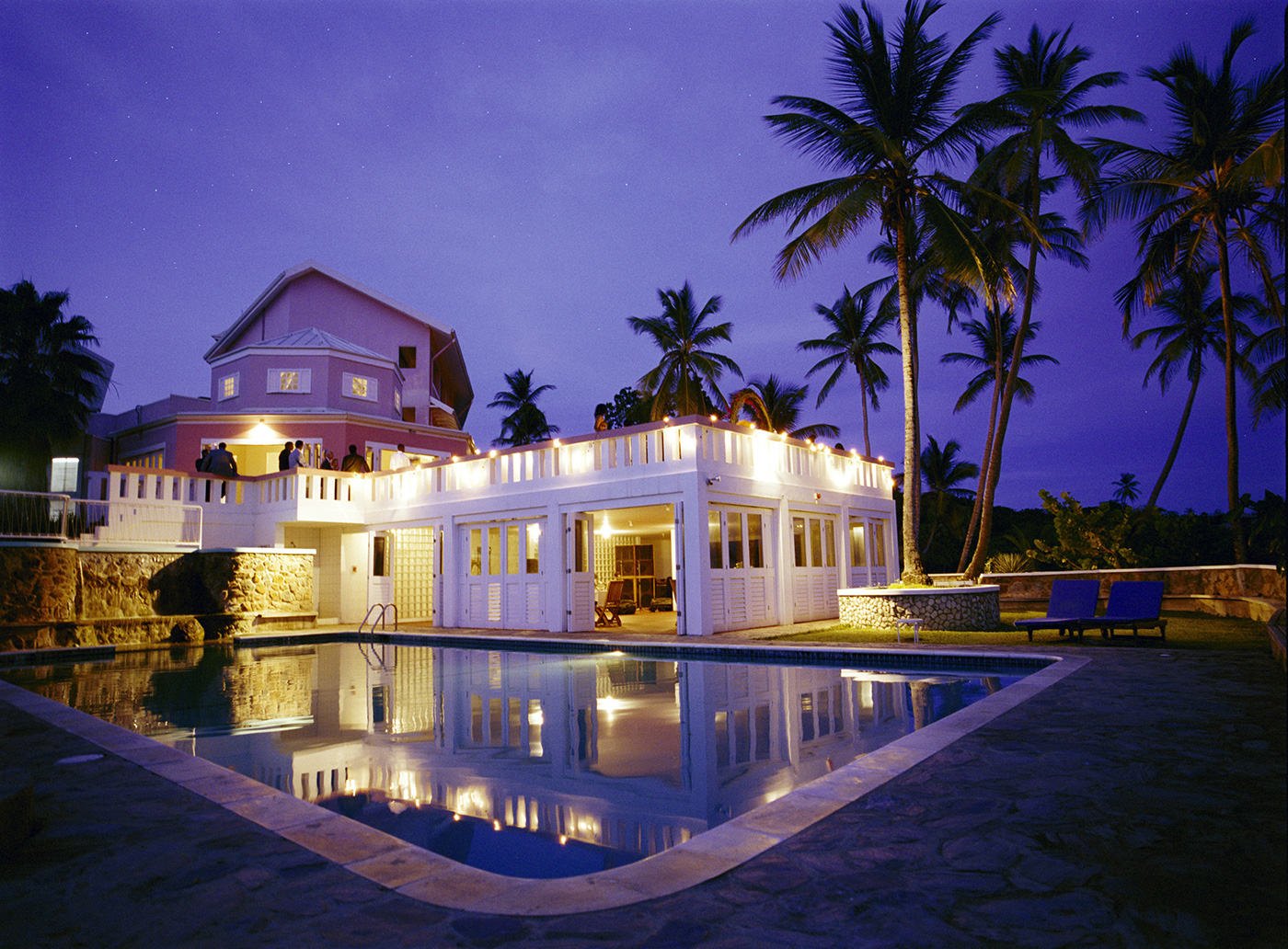
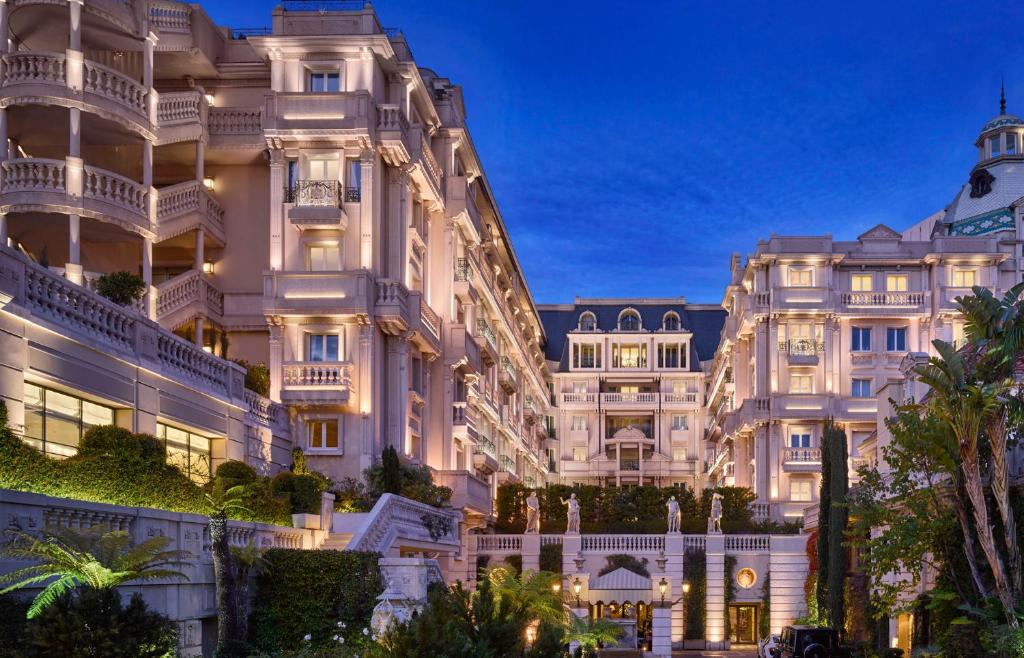
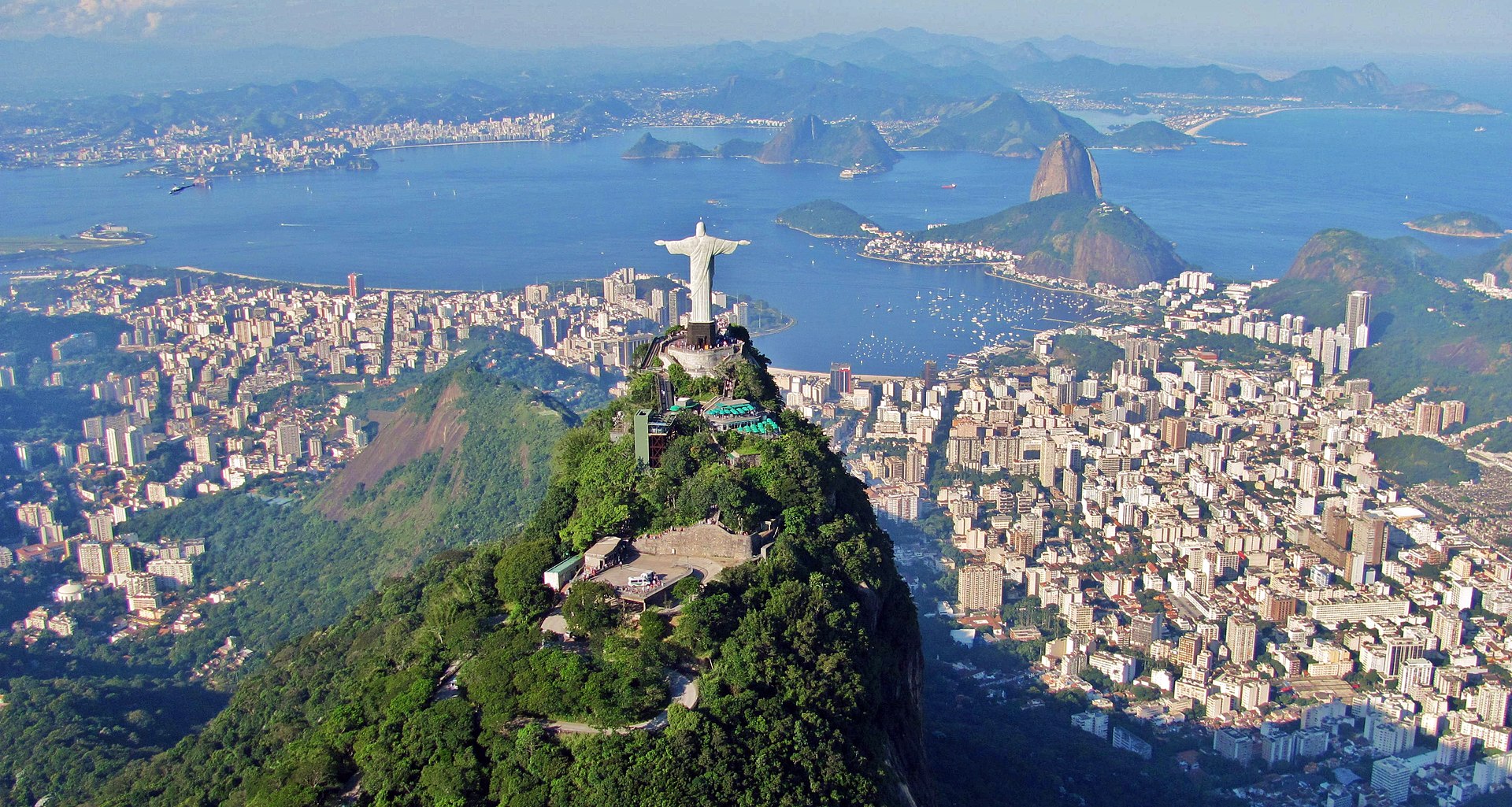
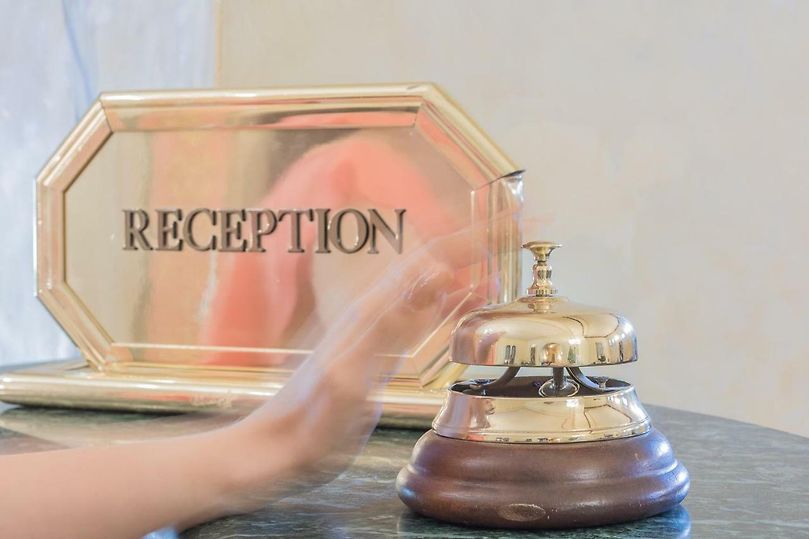
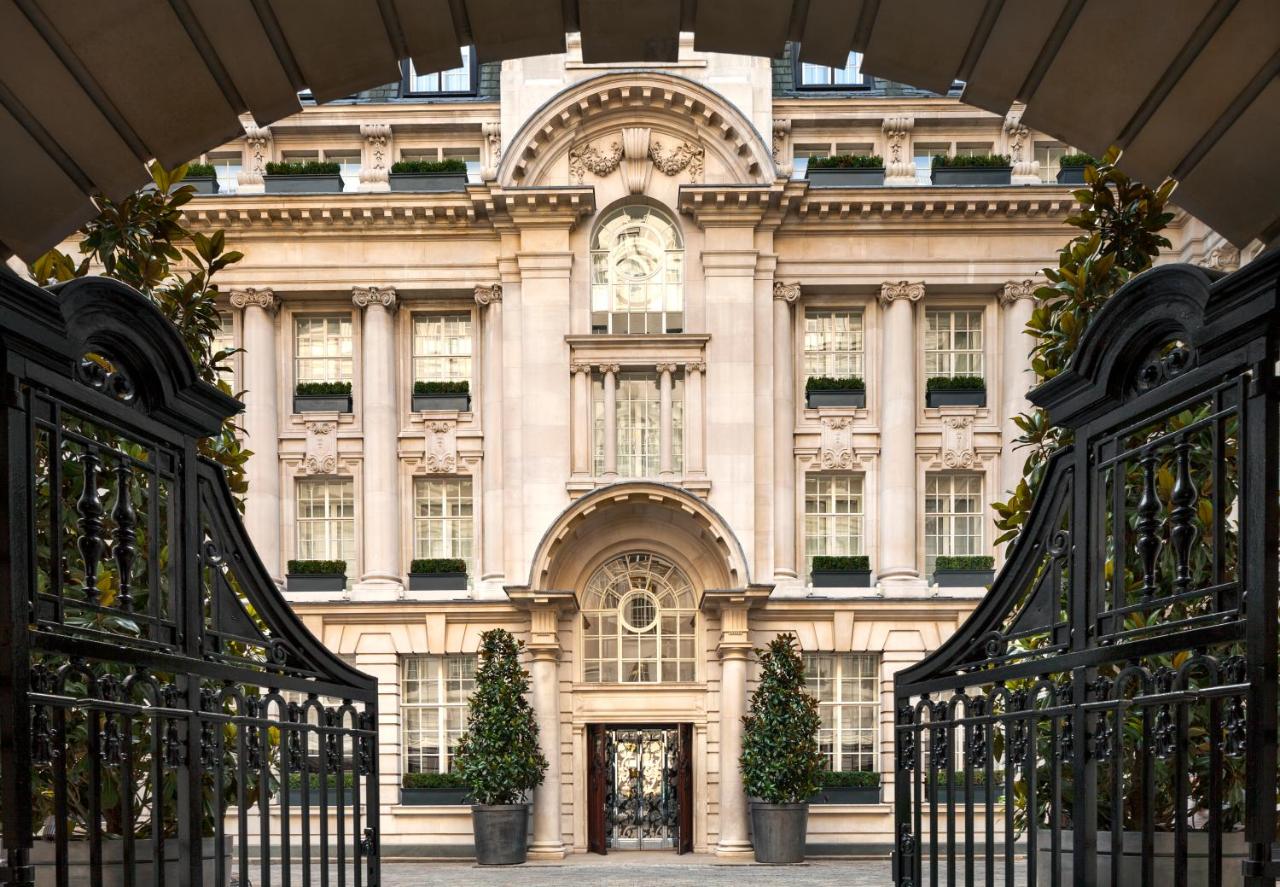
Rwamagana, Rwanda
Agent: Cliff Jacobs - Managing Principal Estate Agent & CEO (Nat.Dpl.Hotel Man (UJ). M.P.R.E.)
Agent Cellphone: +27 (0) 84 413 1071 / +27 (0) 61 716 6951
Agent Office Number: +27 (0) 84 413 1071
Agent Email Address: cliff@exquisitehotelconsultants.com
Type: Guest House
Bedrooms: 12
Bathrooms: 12
Showers: 12
Parking: 30
Yield: Not Disclosed
Rwamagana
Rwamagana is a city and capital of both the Rwamagana District and the Eastern Province in Rwanda
Rwamagana lies approximately 50 km (31 mi) from Kigali, on the newly renovated road leading east towards Tanzania. There was formerly a large amount of traffic running through the centre, particularly freight to and from Tanzania, but with the recent creation of a bypass, the centre of the city is now quieter. The city lies mainly along two roads, the main east-west route, and a spur leading off to the south. The main market and the Banque de Kigali are on this spur, while the city's two petrol stations, taxi-bus parks and post office are on the east-west road. There is a large church at the western end of the city, adjacent to the main secondary school, and a new conference centre at the eastern end of the bypass. Rwamagana district has about 14 sectors including: Kigabiro, Muyumbu, Nyakariro, Karenge, Nzige, Gahengeri, Mwurire, Rubona, Gishari, Munyiginya, Muhazi, Gishari, Mushutu and Munyaga. Four leading commercial centres with modern market and central services in commercial industries are Rwamagana centre, Karenge centre, Nyagasambu centre, Rubona centre. Four coffee washing station in this district include: RWACOF at Karenge, KOPAKABI at Karenge, Muyumbu and Rubona washing stations are the major factory to prepare the coffee in the district.
Population: 47,203 (2002 figures); area: 87 square kilometers (34 sq mi).
Rwanda
Rwanda, officially the Republic of Rwanda, is a landlocked country in the Great Rift Valley of Central Africa, where the African Great Lakes region and Southeast Africa converge. Located a few degrees south of the Equator, Rwanda is bordered by Uganda, Tanzania, Burundi, and the Democratic Republic of the Congo. It is highly elevated, giving it the soubriquet "land of a thousand hills", with its geography dominated by mountains in the west and savanna to the southeast, with numerous lakes throughout the country. The climate is temperate to subtropical, with two rainy seasons and two dry seasons each year. It is the most densely populated mainland African country; among countries larger than 10,000 km2, it is the fifth most densely populated country in the world. Its capital and largest city is Kigali.
Hunter-gatherers settled the territory in the Stone and Iron Ages, followed later by Bantu peoples. The population coalesced first into clans, and then, into kingdoms. In the 15th century, one kingdom, under King Gihanga, managed to incorporate several of its close neighbor territories establishing the Kingdom of Rwanda. The Kingdom of Rwanda dominated from the mid-eighteen century, with the Tutsi kings conquering others militarily, centralising power, and enacting anti-Hutu policies. In 1897, Germany colonized Rwanda as part of German East Africa, followed by Belgium, which took control in 1916 during World War I. Both European nations ruled through the Rwandan king and perpetuated a pro-Tutsi policy. The Hutu population revolted in 1959. They massacred numerous Tutsi and ultimately established an independent, Hutu-dominated republic in 1962 led by President Grégoire Kayibanda. A 1973 military coup overthrew Kayibanda and brought Juvénal Habyarimana to power, who retained the pro-Hutu policy. The Tutsi-led Rwandan Patriotic Front (RPF) launched a civil war in 1990. Habyarimana was assassinated in April 1994. Social tensions erupted in the Rwandan genocide that spanned one hundred days. The RPF ended the genocide with a military victory in July 1994.
Rwanda has been governed as a unitary presidential system with a bicameral parliament ruled by the RPF since 1994 with former commander Paul Kagame as President since 2000. The country has been governed by a series of centralized authoritarian governments since precolonial times. Although Rwanda has low levels of corruption compared with neighbouring countries, it ranks among the lowest in international measurements of government transparency, civil liberties and quality of life. The population is young and predominantly rural; Rwanda has one of the youngest populations in the world. Rwandans are drawn from just one cultural and linguistic group, the Banyarwanda. However, within this group there are three subgroups: the Hutu, Tutsi and Twa. The Twa are a forest-dwelling pygmy people and are often considered descendants of Rwanda's earliest inhabitants. Christianity is the largest religion in the country; the principal and national language is Kinyarwanda, spoken by native Rwandans, with English, French and Swahili serving as additional official foreign languages.
Rwanda’s economy is based mostly on subsistence agriculture. Coffee and tea are the major cash crops in Rwanda to export. Tourism is a fast-growing sector and is now the country's leading foreign exchange earner. The country is a member of the African Union, the United Nations, the Commonwealth of Nations, COMESA, OIF and the East African Community.
History
Modern human settlement of what is now Rwanda dates from, at the latest, the last glacial period, either in the Neolithic period around 8000 BC, or in the long humid period which followed, up to around 3000 BC.Archaeological excavations have revealed evidence of sparse settlement by hunter-gatherers in the late Stone Age, followed by a larger population of early Iron Age settlers, who produced dimpled pottery and iron tools. These early inhabitants were the ancestors of the Twa, aboriginal pygmy hunter-gatherers who remain in Rwanda today. Between 700 BC and 1500 AD, a number of Bantu groups migrated into Rwanda, clearing forest land for agriculture. The forest-dwelling Twa lost much of their habitat and moved to the mountain slopes. Historians have several theories regarding the nature of the Bantu migrations; one theory is that the first settlers were Hutu, while the Tutsi migrated later to form a distinct racial group, possibly of Nilo-hamitic origin. An alternative theory is that the migration was slow and steady, with incoming groups integrating into rather than conquering the existing society. Under this theory, the Hutu and Tutsi distinction arose later and was a class distinction rather than a racial one.
The earliest form of social organisation in the area was the clan (ubwoko). The clans were not limited to genealogical lineages or geographical area, and most included Hutu, Tutsi, and Twa. From the 15th century, the clans began to merge into kingdoms. One kingdom, under King Gihanga, managed to incorporate several of its close neighbor territories establishing the Kingdom of Rwanda. By 1700, around eight kingdoms had existed in the present-day Rwanda. One of these, the Kingdom of Rwanda ruled by the Tutsi Nyiginya clan, became increasingly dominant from the mid-eighteenth century. The kingdom reached its greatest extent during the nineteenth century under the reign of King Kigeli Rwabugiri. Rwabugiri conquered several smaller states, expanded the kingdom west and north, and initiated administrative reforms; these included ubuhake, in which Tutsi patrons ceded cattle, and therefore privileged status, to Hutu or Tutsi clients in exchange for economic and personal service, and uburetwa, a corvée system in which Hutu were forced to work for Tutsi chiefs. Rwabugiri's changes caused a rift to grow between the Hutu and Tutsi populations. The Twa were better off than in pre-Kingdom days, with some becoming dancers in the royal court, but their numbers continued to decline.
The Berlin Conference of 1884 assigned the territory to the German Empire, who declared it as part of the German East Africa. In 1894, explorer Gustav Adolf von Götzen was the first European to cross the entire territory of Rwanda; he crossed from the south-east to Lake Kivu and met the king. In 1897, Germany established a presence in Rwanda with the formation of an alliance with the king, beginning the colonial era. The Germans did not significantly alter the social structure of the country, but exerted influence by supporting the king and the existing hierarchy, and delegating power to local chiefs. Belgian forces invaded Rwanda and Burundi in 1916, during World War I, and later, in 1922, they started to rule both Rwanda and Burundi as a League of Nations mandate called Ruanda-Urundi and started a period of more direct colonial rule. The Belgians simplified and centralised the power structure, introduced large-scale projects in education, health, public works, and agricultural supervision, including new crops and improved agricultural techniques to try to reduce the incidence of famine. Both the Germans and the Belgians, in the wake of New Imperialism, promoted Tutsi supremacy, considering the Hutu and Tutsi different races. In 1935, Belgium introduced an identity card system, which labelled each individual as either Tutsi, Hutu, Twa or Naturalised. While it had been previously possible for particularly wealthy Hutu to become honorary Tutsi, the identity cards prevented any further movement between the classes.
The watershed between the major Congo and Nile drainage basins runs from north to south through Rwanda, with around 80% of the country's area draining into the Nile and 20% into the Congo via the Rusizi River and Lake Tanganyika. The country's longest river is the Nyabarongo, which rises in the south-west, flows north, east, and southeast before merging with the Ruvubu to form the Kagera; the Kagera then flows due north along the eastern border with Tanzania. The Nyabarongo-Kagera eventually drains into Lake Victoria, and its source in Nyungwe Forest is a contender for the as-yet undetermined overall source of the Nile. Rwanda has many lakes, the largest being Lake Kivu. This lake occupies the floor of the Albertine Rift along most of the length of Rwanda's western border, and with a maximum depth of 480 metres (1,575 ft), it is one of the twenty deepest lakes in the world. Other sizeable lakes include Burera, Ruhondo, Muhazi, Rweru, and Ihema, the last being the largest of a string of lakes in the eastern plains of Akagera National Park.
Mountains dominate central and western Rwanda and the country is sometimes called "Pays des mille collines" in French ("Land of a thousand hills"). They are part of the Albertine Rift Mountains that flank the Albertine branch of the East African Rift, which runs from north to south along Rwanda's western border. The highest peaks are found in the Virunga volcano chain in the northwest; this includes Mount Karisimbi, Rwanda's highest point, at 4,507 metres (14,787 ft). This western section of the country lies within the Albertine Rift montane forests ecoregion. It has an elevation of 1,500 to 2,500 metres (4,921 to 8,202 ft). The centre of the country is predominantly rolling hills, while the eastern border region consists of savanna, plains and swamps.
Climate
Rwanda has a temperate tropical highland climate, with lower temperatures than are typical for equatorial countries because of its high elevation. Kigali, in the centre of the country, has a typical daily temperature range between 15 and 28 °C (59 and 82 °F), with little variation through the year. There are some temperature variations across the country; the mountainous west and north are generally cooler than the lower-lying east. There are two rainy seasons in the year; the first runs from February to June and the second from September to December. These are separated by two dry seasons: the major one from June to September, during which there is often no rain at all, and a shorter and less severe one from December to February. Rainfall varies geographically, with the west and northwest of the country receiving more precipitation annually than the east and southeast. Global warming has caused a change in the pattern of the rainy seasons. According to a report by the Strategic Foresight Group, change in climate has reduced the number of rainy days experienced during a year, but has also caused an increase in frequency of torrential rains. Both changes have caused difficulty for farmers, decreasing their productivity. Strategic Foresight also characterise Rwanda as a fast warming country, with an increase in average temperature of between 0.7 °C to 0.9 °C over fifty years.
About us
During your stay you will have several opportunities to discover the country and its culture. By focusing on the simplicity that we greatly appreciate and thanks to you, we have managed to create an oasis of beautiful memories for families and those looking for a restful place to forget.
If you prefer adventure, we are convinced that you will find what you are looking for. We have several partners and work in a family setting to create a centralized space that brings together a wide range of leisure activities and most of the country's flagship activities: ascent of volcanoes, visit of the gorillas, visit of Akagera Park, expedition in the Nyungwe forest...
To not miss anything of Rwanda and to live your best holidays, we are at your service!
What are our accommodation options?
Several accommodation options are available to you for your stay:
Glamping
You will stay in a furnished cabin-tent that can accommodate up to 4 people.
Camping
We give you the space to pitch your own tent.
Single or double Room
A high-standard room for your comfort and peace of mind.
What kind of catering do we offer?
We select the best ingredients for you by sourcing from local markets and producing our own organic food!
We attach great importance to the "homemade" and the quality of our products for a varied Western cuisine, dietary and revisited by our chefs. We also offer local specialties for curious travellers looking for new flavours.
You will have the choice among more than 180 different drinks! Come and have a look at the bar to taste your favourite wine or a carefully prepared cocktail in front of the splendid view we have from the restaurant!
Health and bon appetite!
What activities do we offer?
We offer a multitude of activities for all ages and all levels.
It is necessary to book in advance certain activities which require time to set up, in particular safaris and nautical activities. Thus, you will have the certainty of their availability for you during your stay. Don't hesitate to talk about it and ask your questions when you make your reservation.
We are doing everything we can to offer you as many activities as possible: you will soon be able to try out our water catapult Blob-jump and attend yoga classes! A good excuse to get out of your daily life once again and live many adventures with us!
Location
Our lodge is located one hour from Kigali city and about 1.5 hours from Akagera Park. To reach us, you can find us on Google Maps and come on your own by renting a car or taking a taxi. Residents of Rwanda can also use their personal vehicles. We advise you to opt for a vehicle equipped with a 4X4 depending on the season because the country roads can sometimes be capricious after heavy showers during the rainy season.
We also provide you with a shuttle to pick you up at the airport. This option will save you from often increased taxi fares and difficulties in finding the place.














































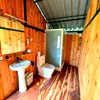

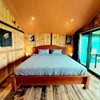
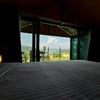

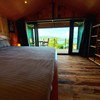
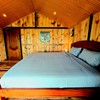
Cliff Jacobs (Nat Dpl Hotel Man (UJ). MPRE. GA Level 5 TEFL) Managing Principal / CEO Exquisite Hotel Consultants (Pty) Ltd Mobile: +27 (0) 84 413 1071 / +27 (0) 61 716 6951 Email: cliff@exquisitehotelconsultants.com Web: https://www.exquisitehotelconsultants.com © All rights reserved Terms and Conditions apply Scroll down to view our Hospitality Properties and Businesses for sale or lease or lease-to-buy or partnership arrangement or management agreement arrangement.